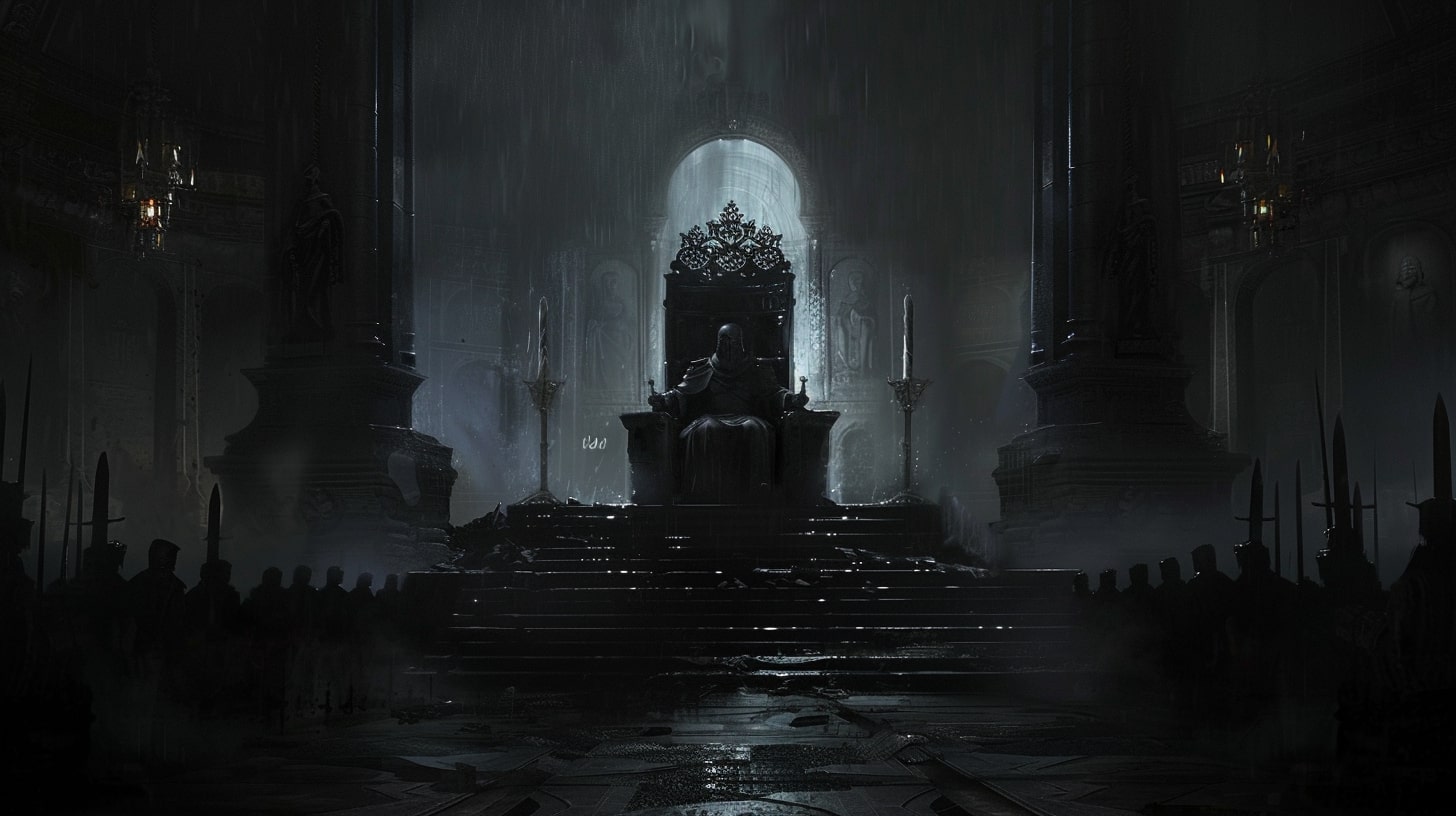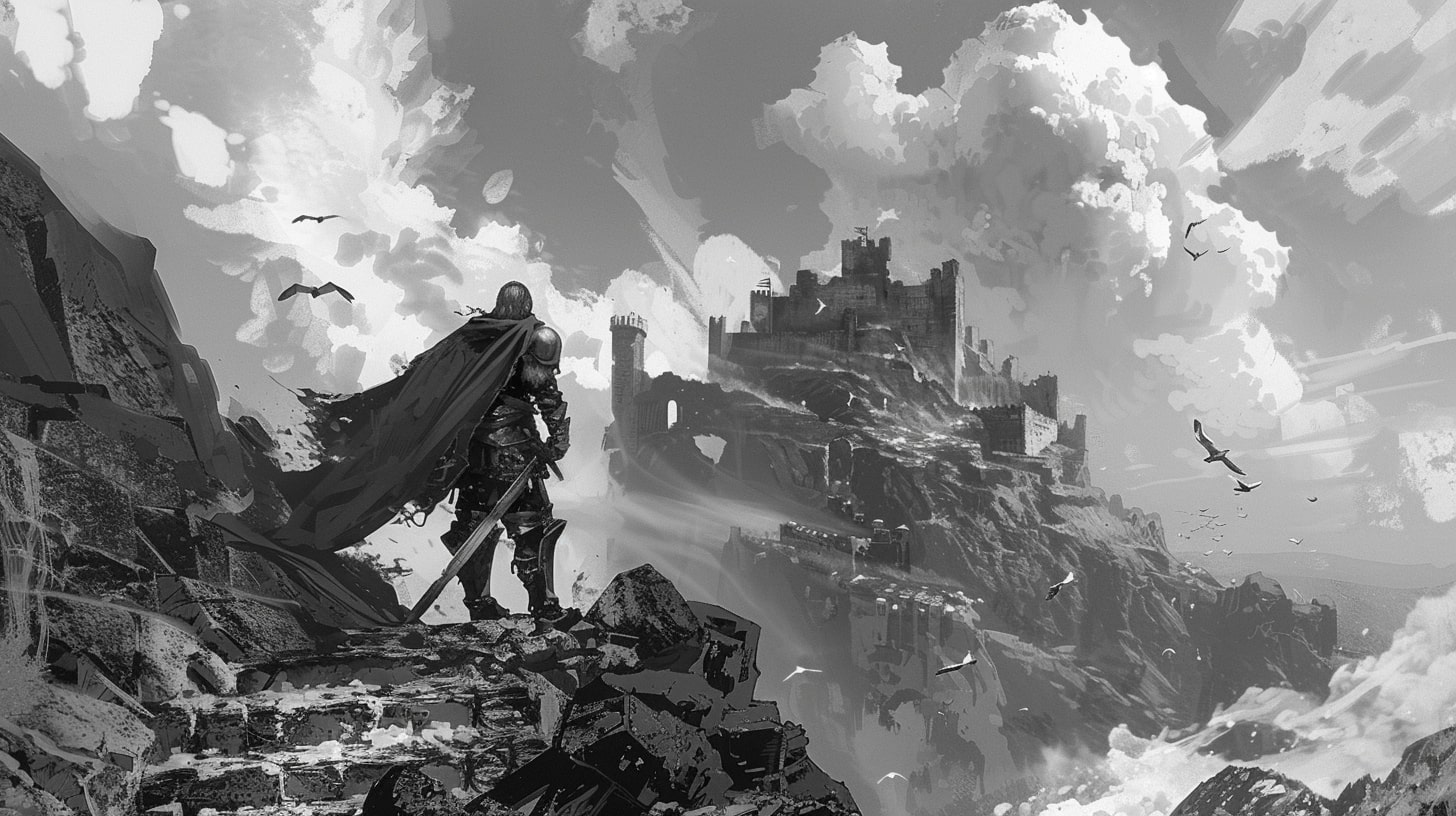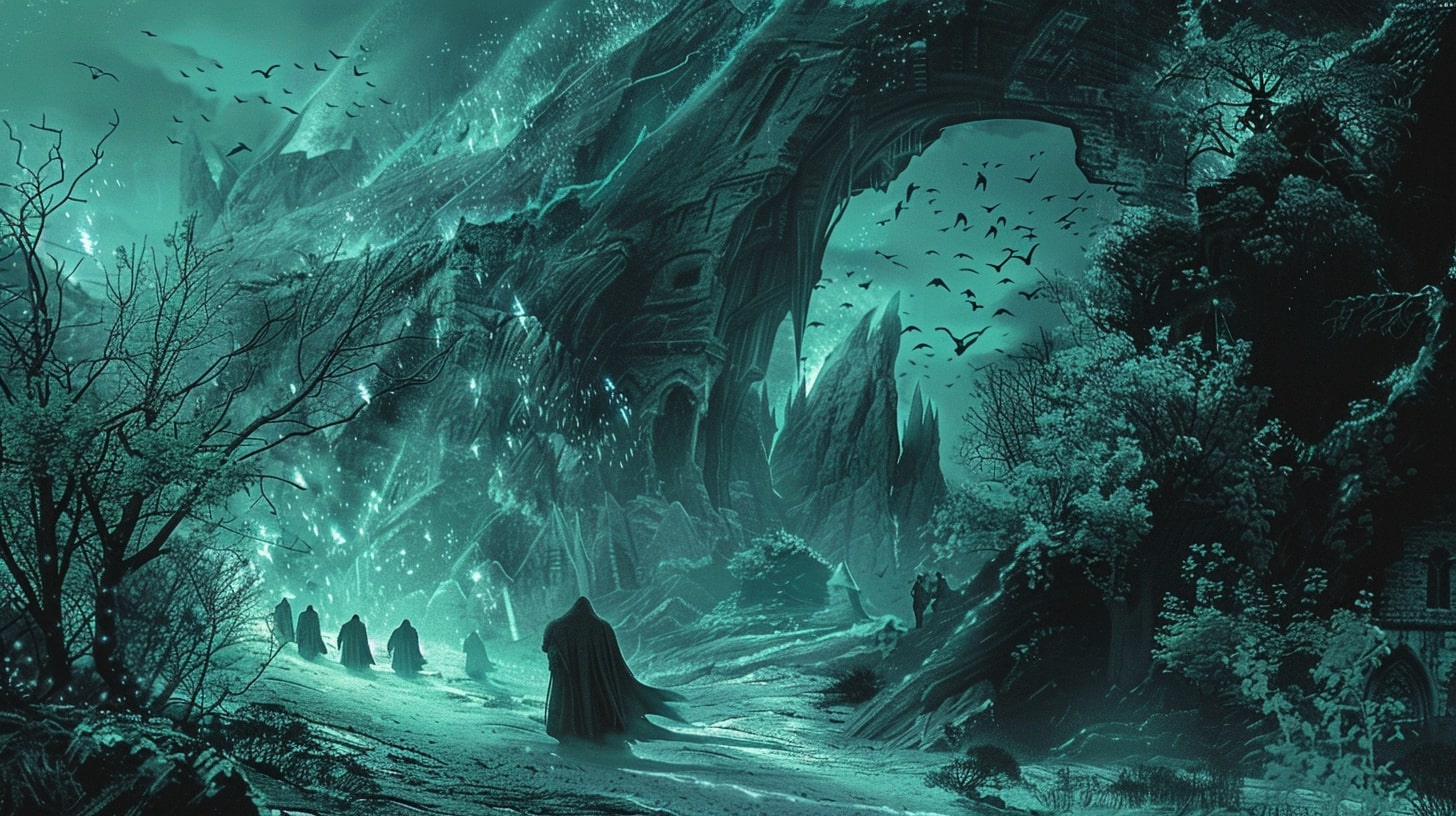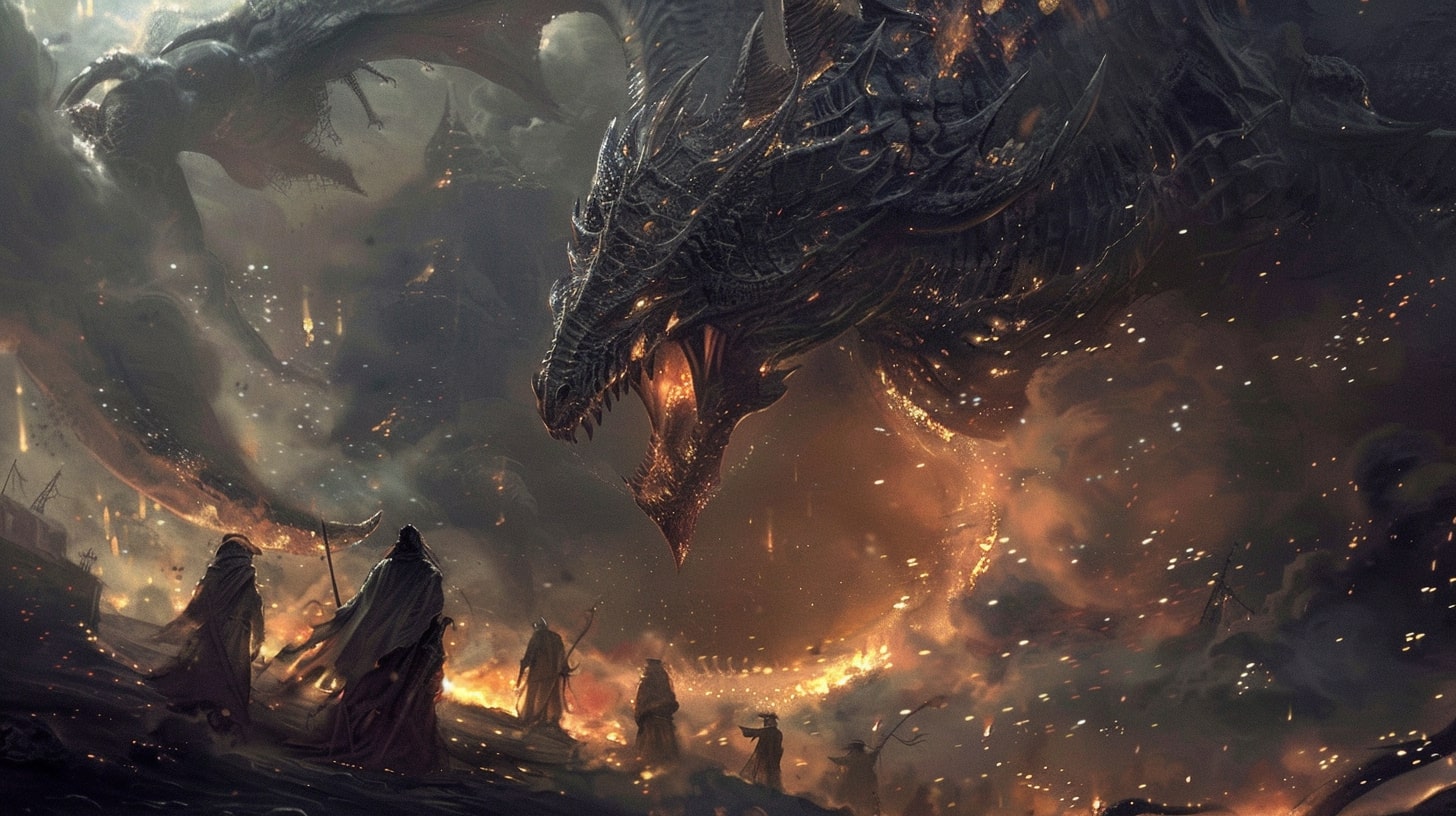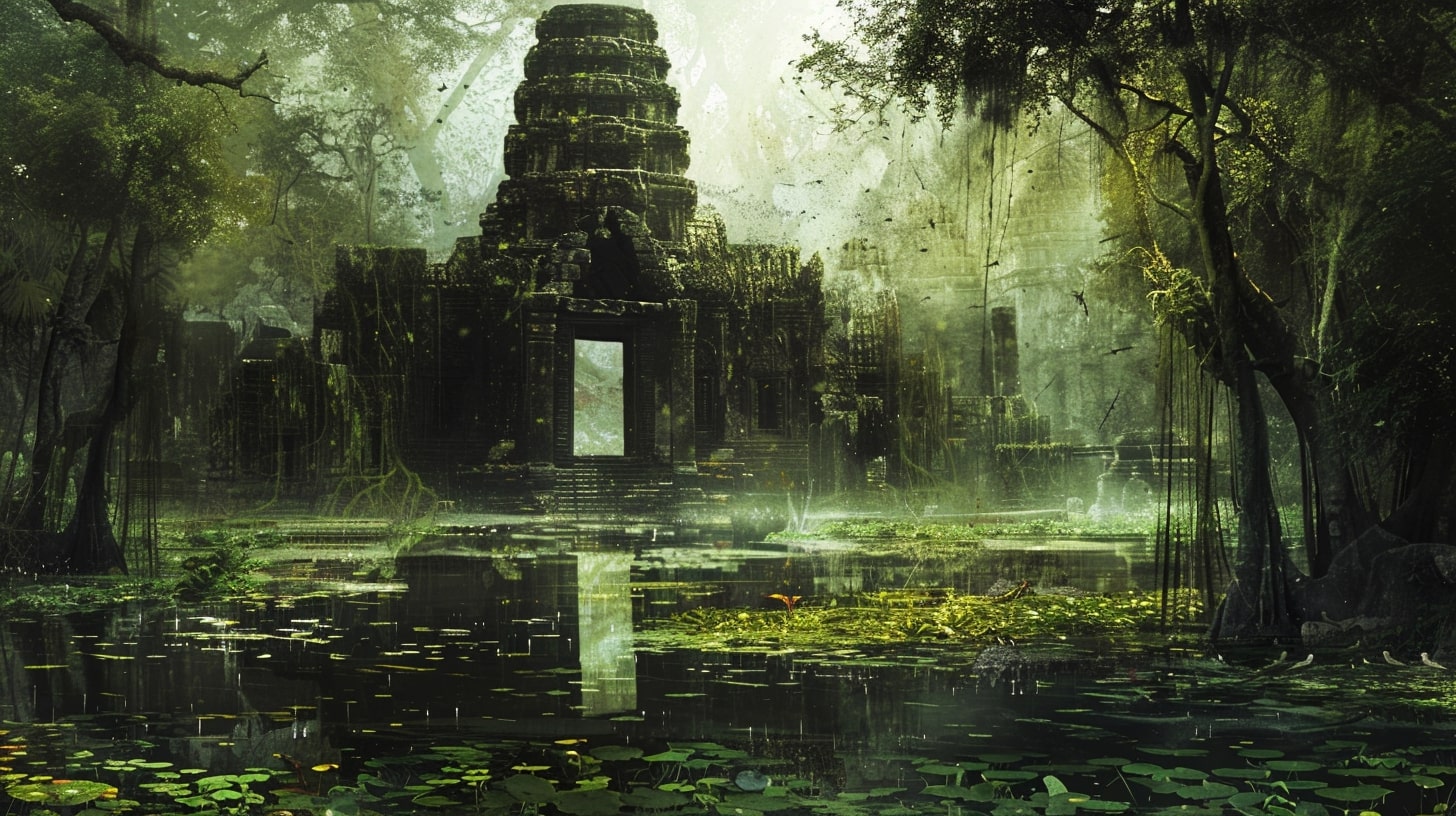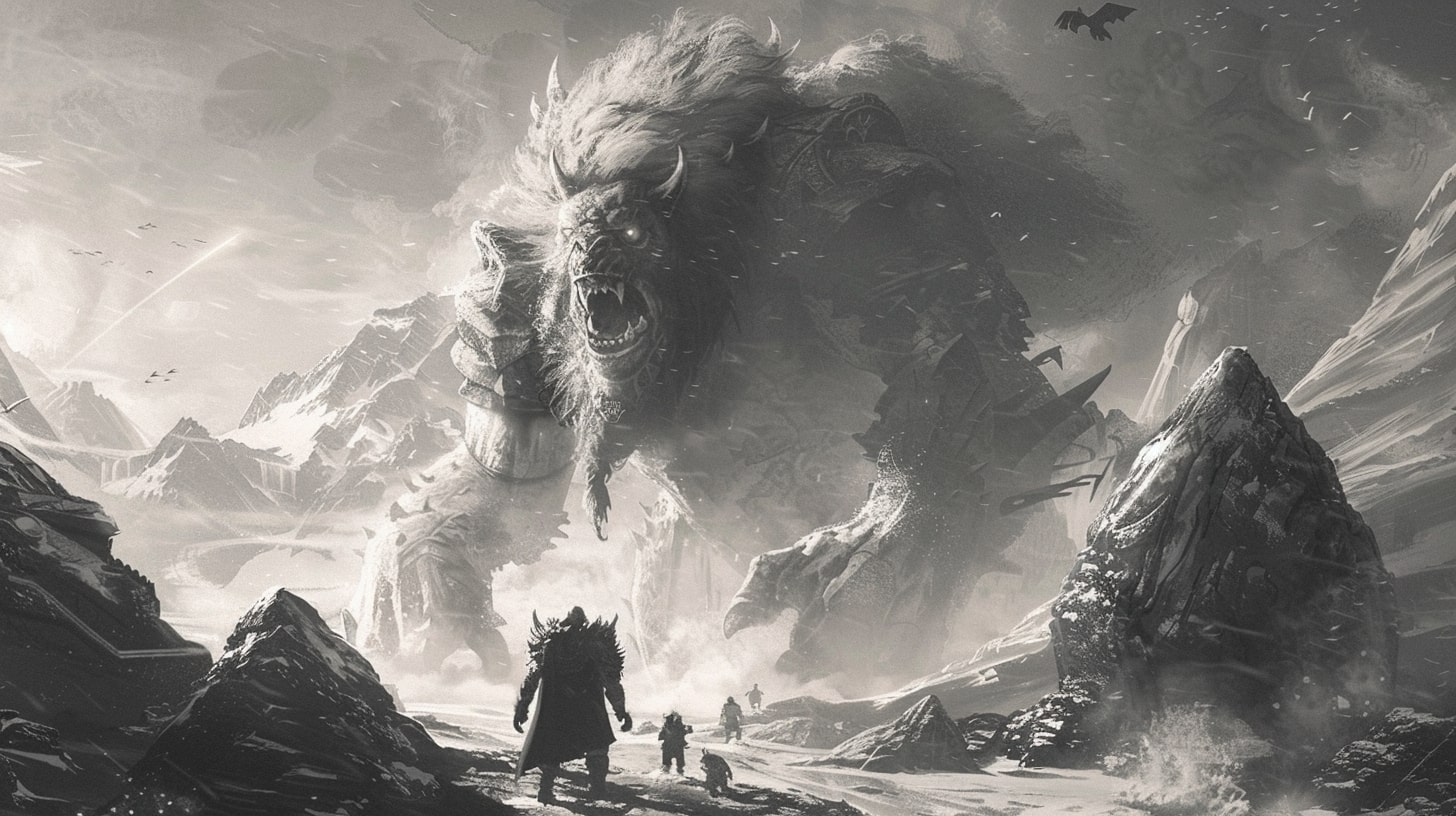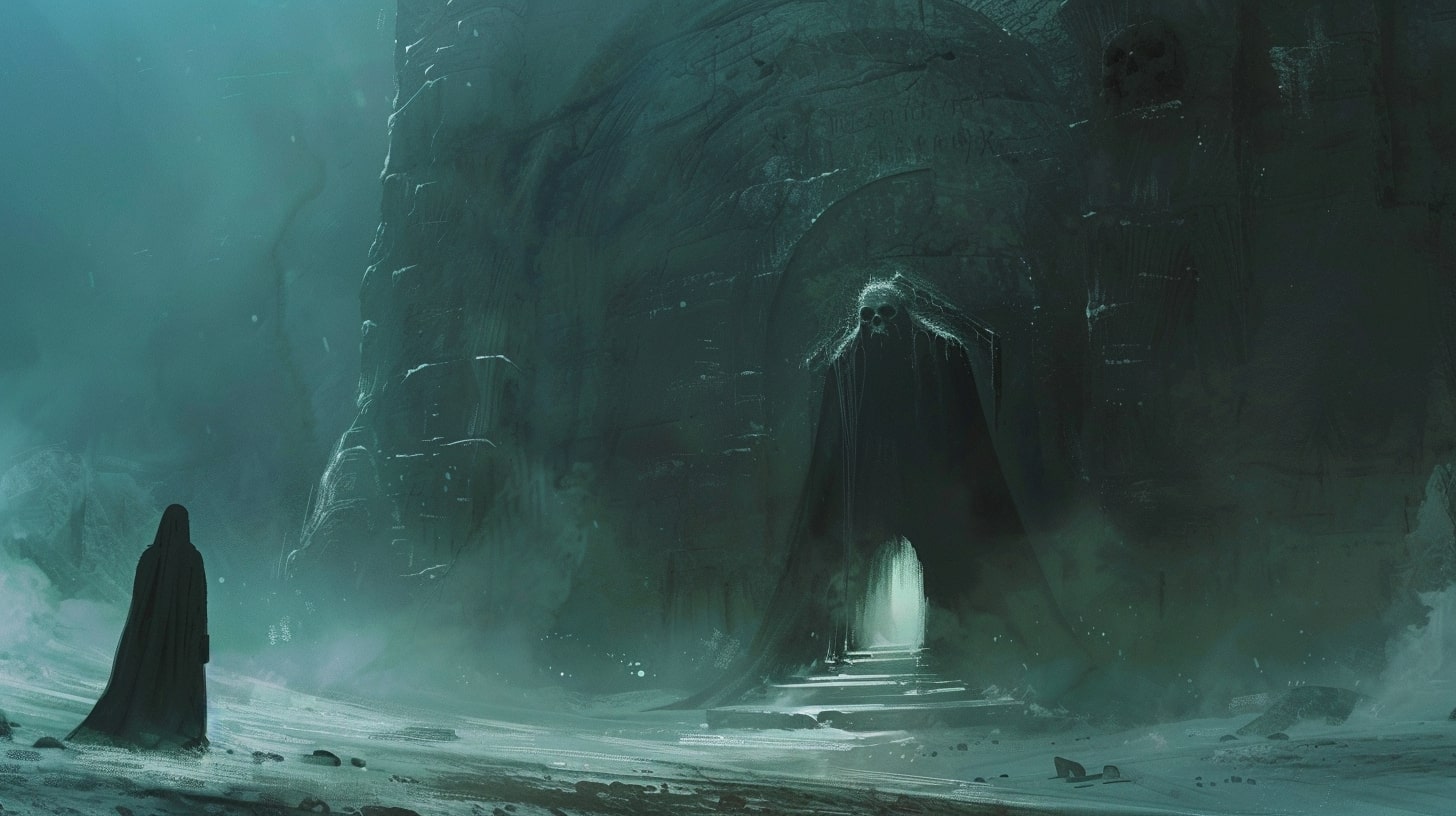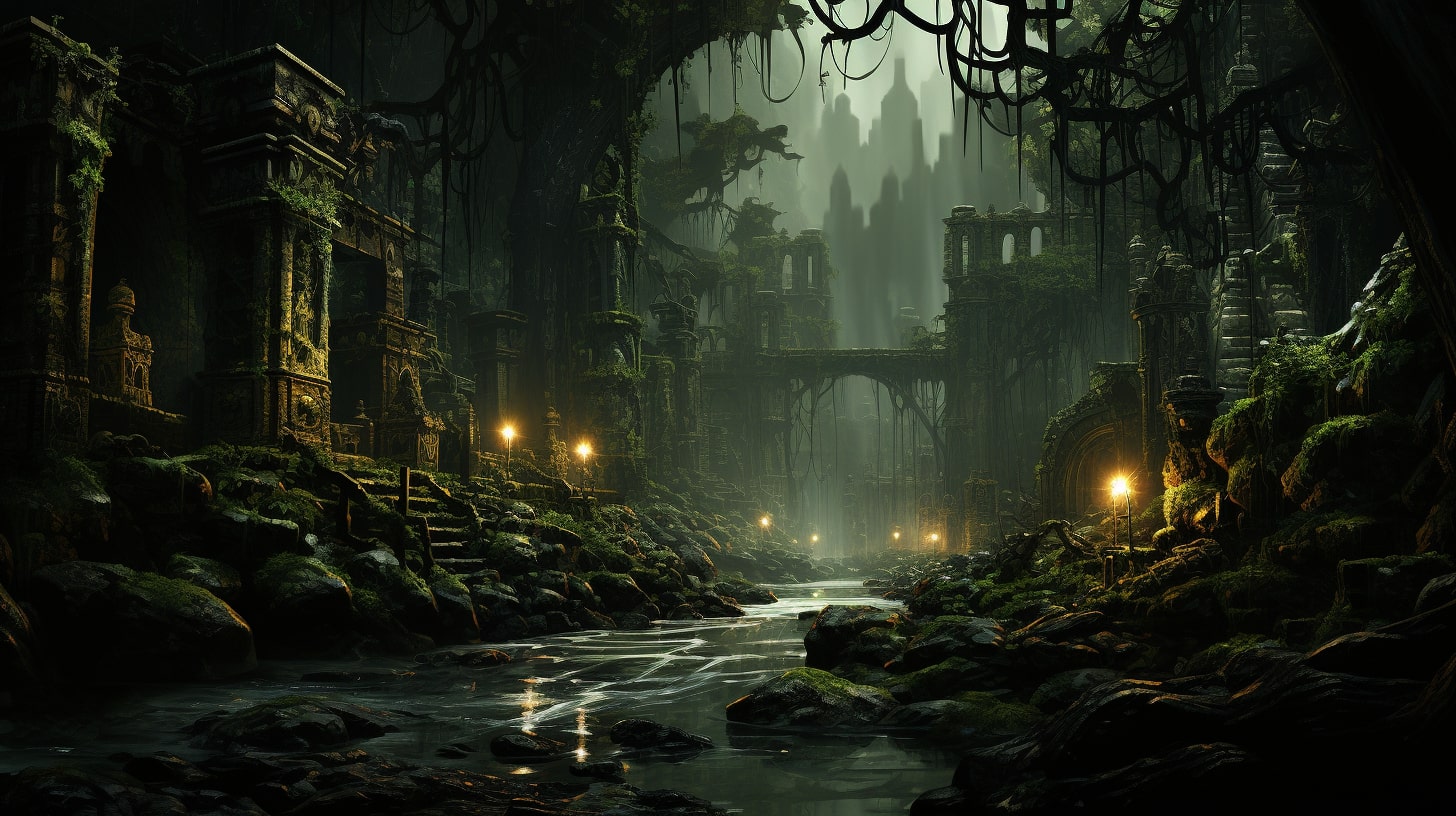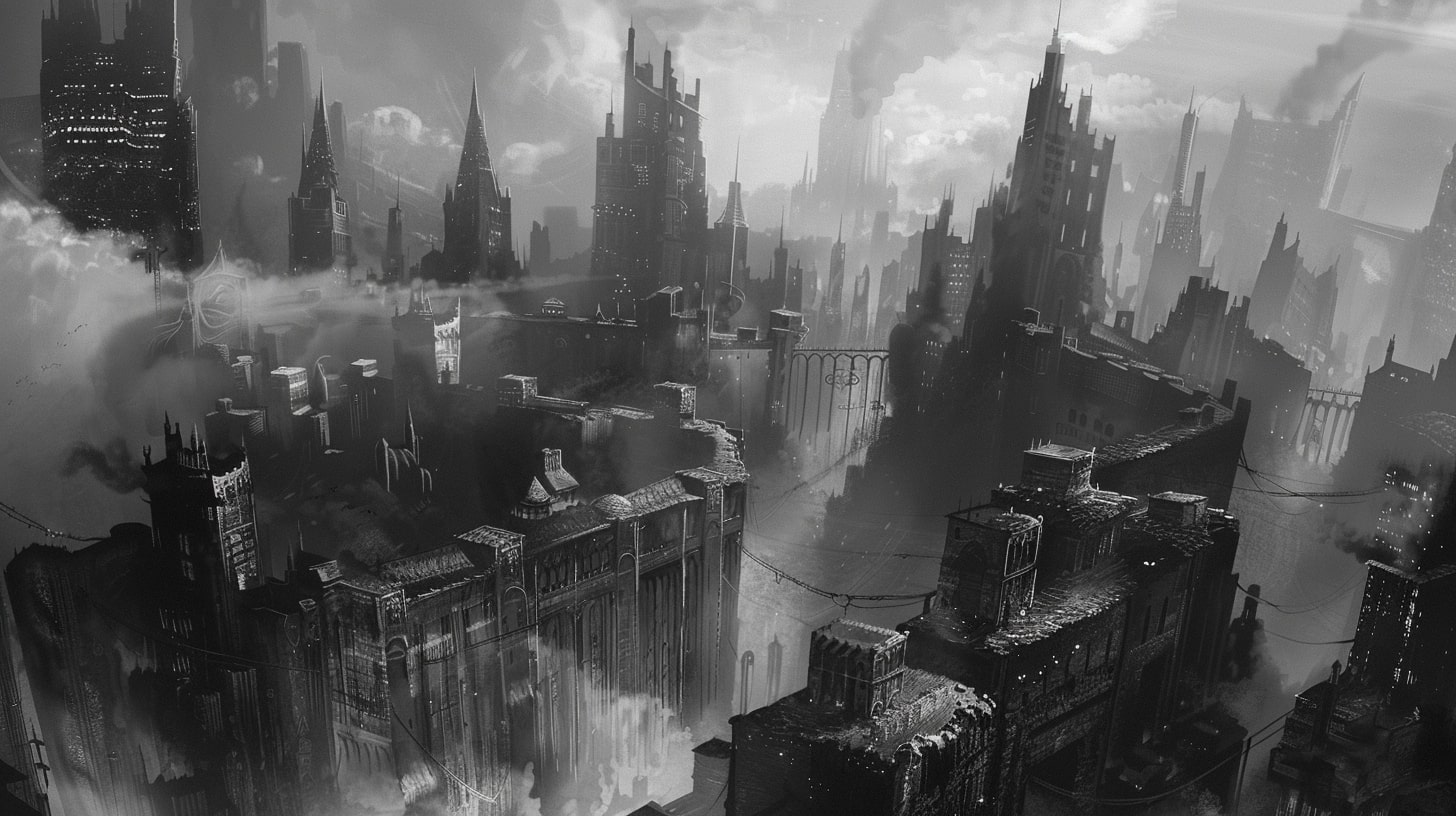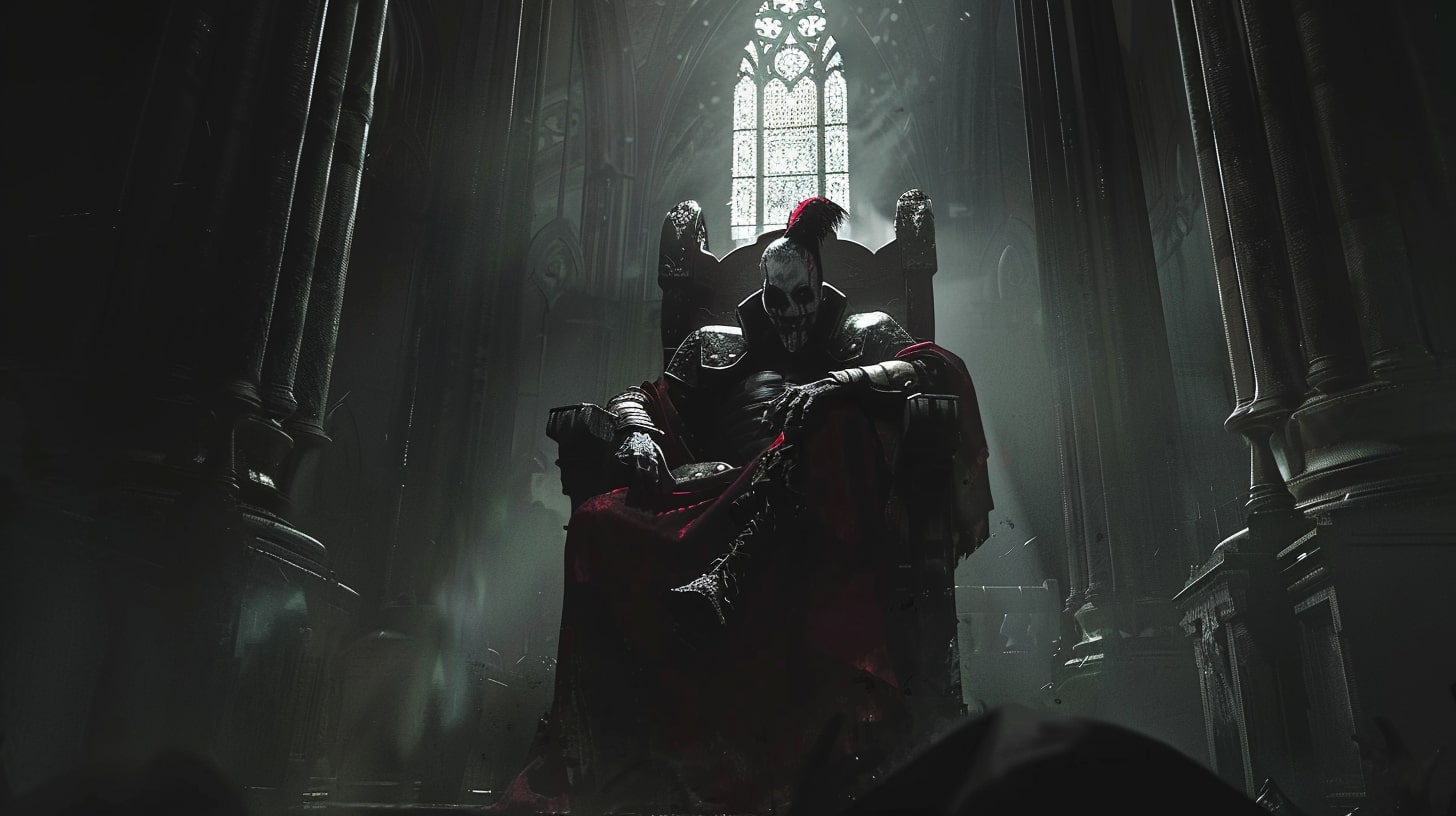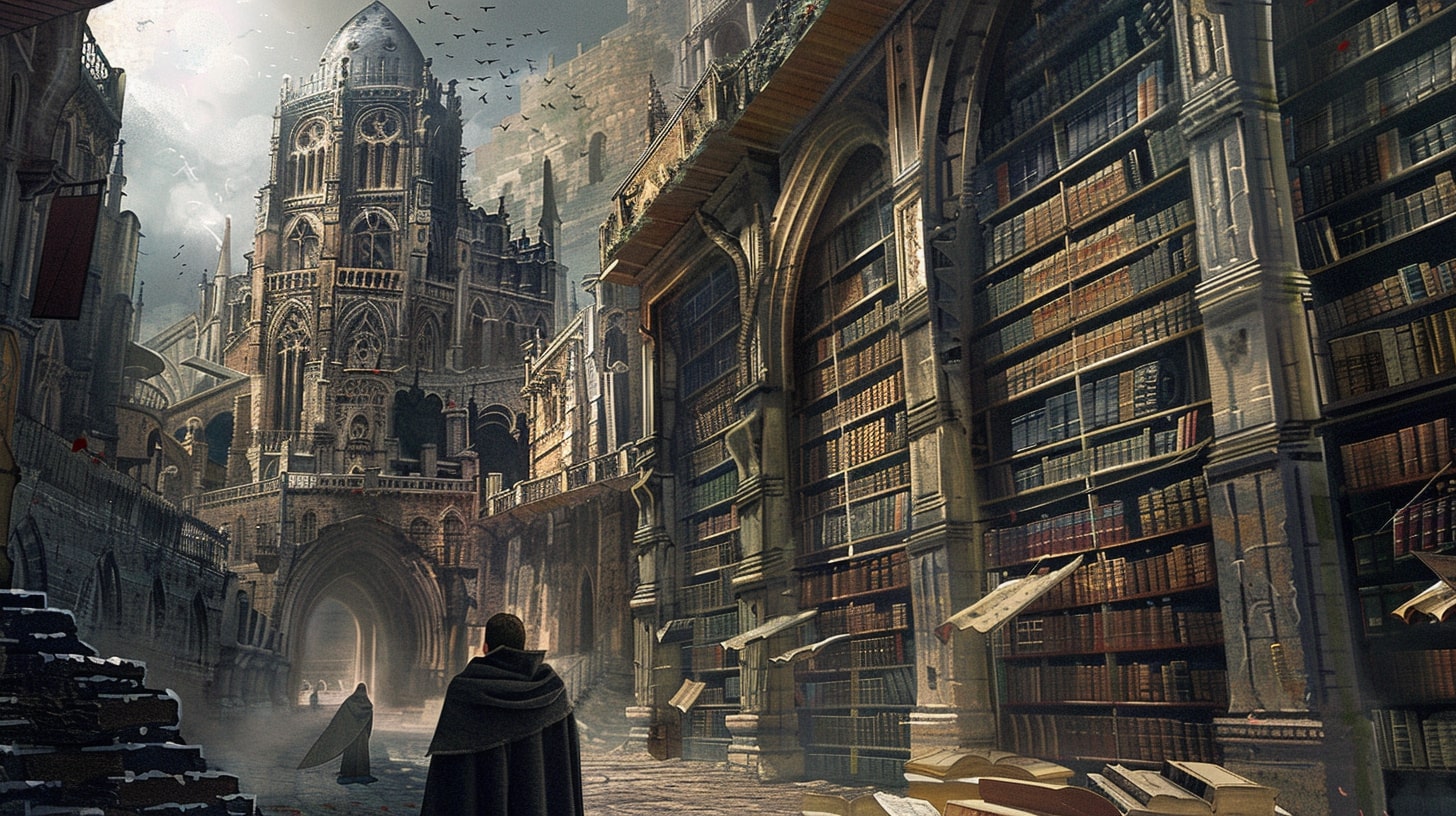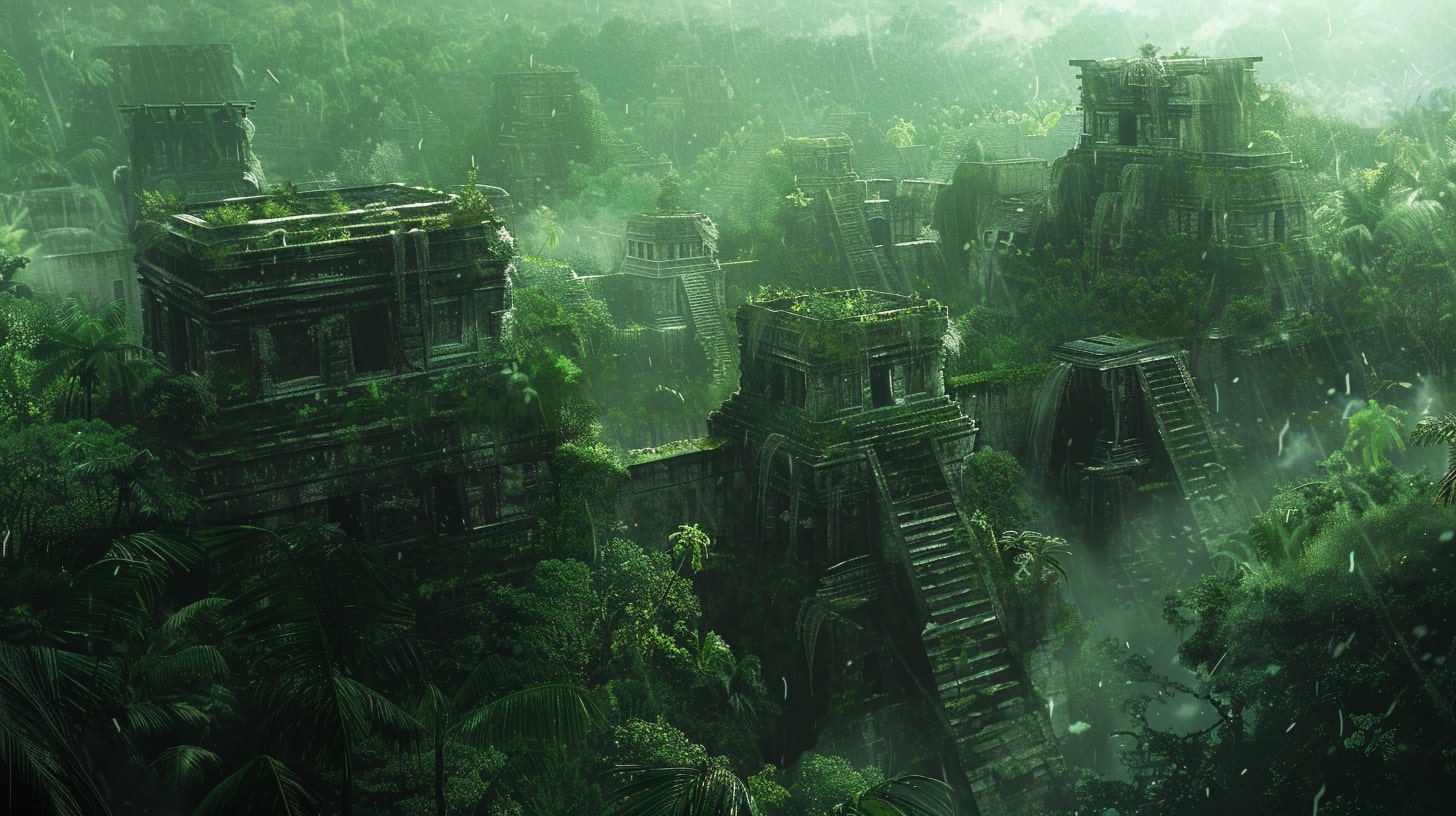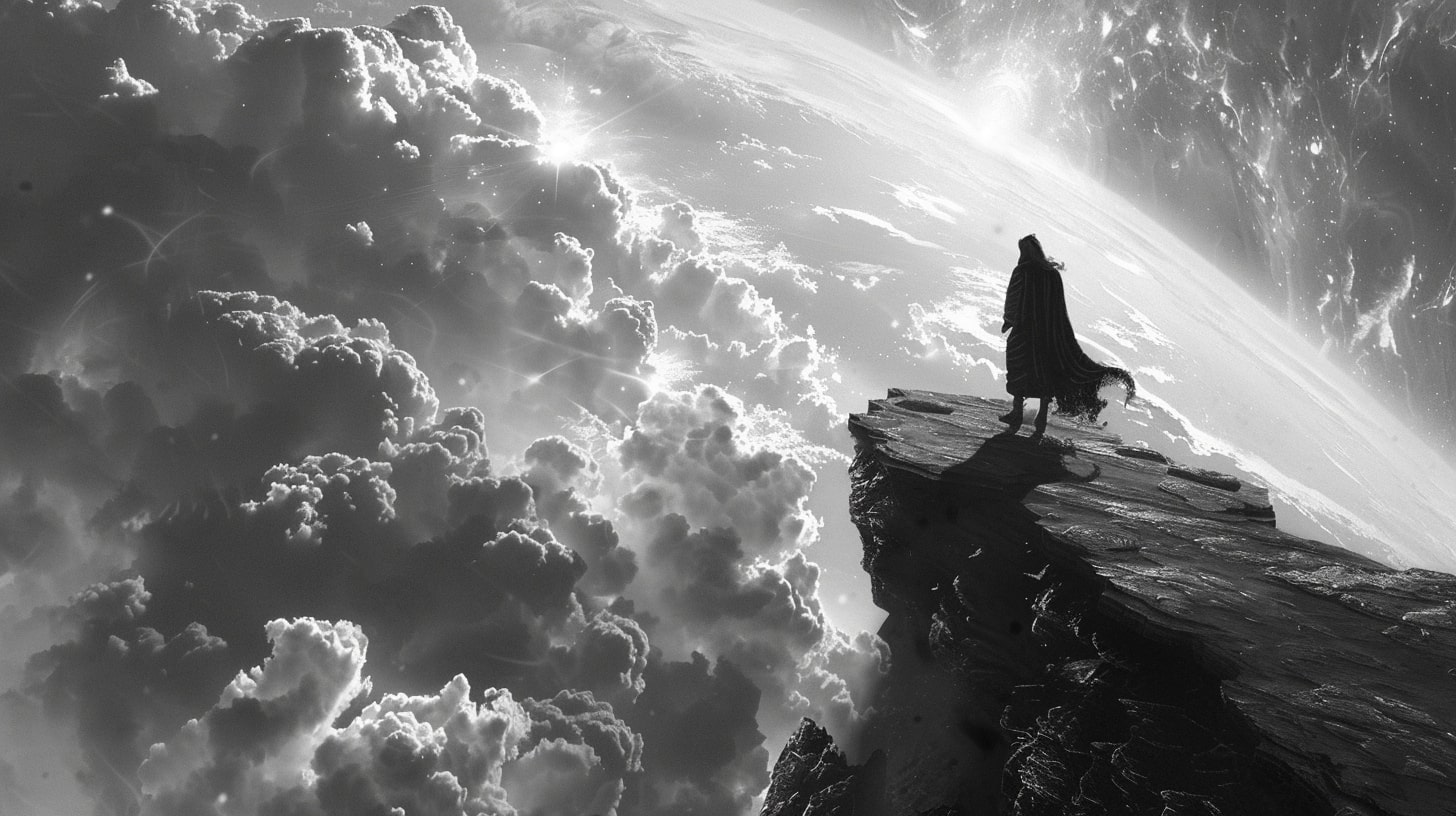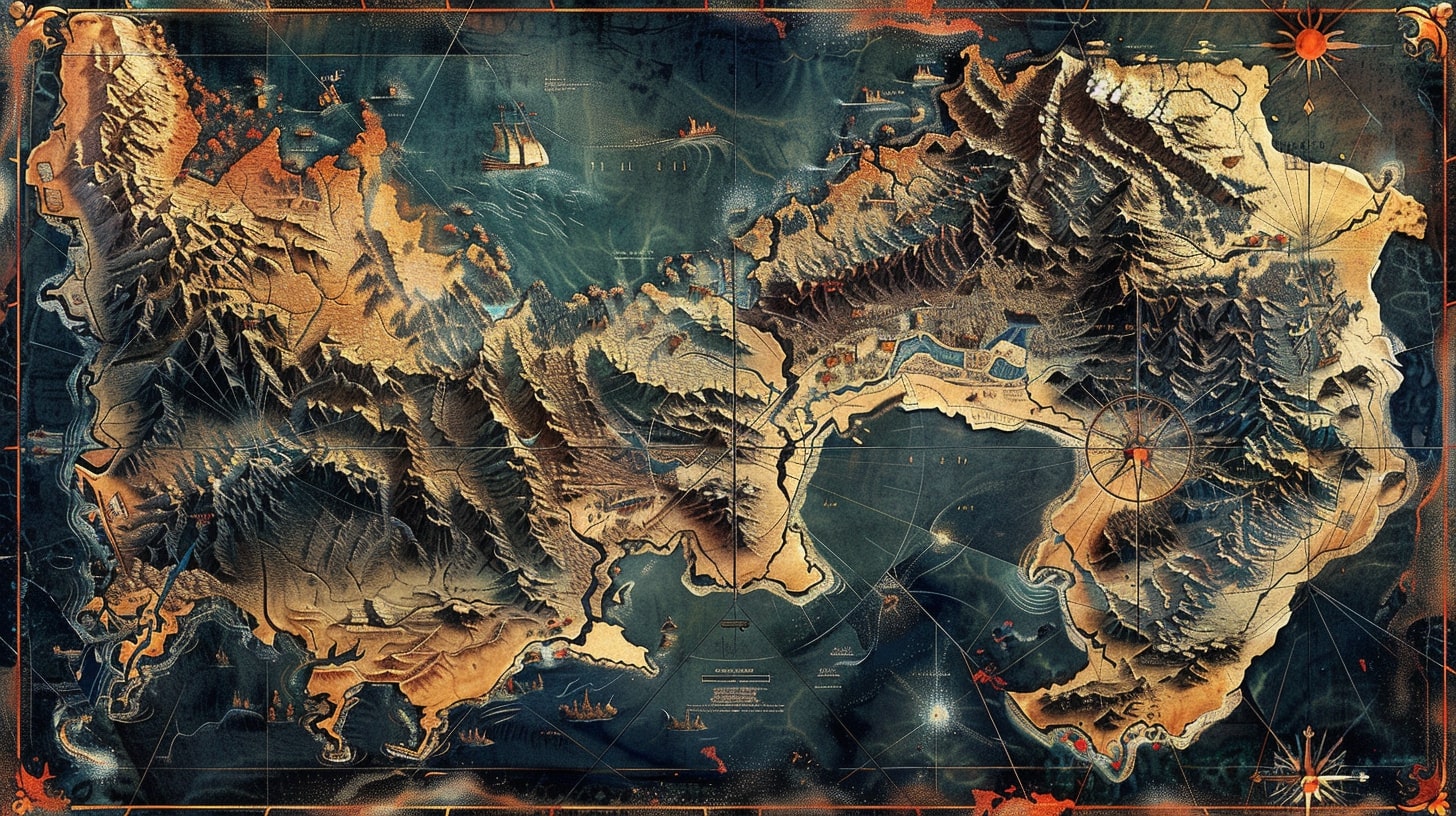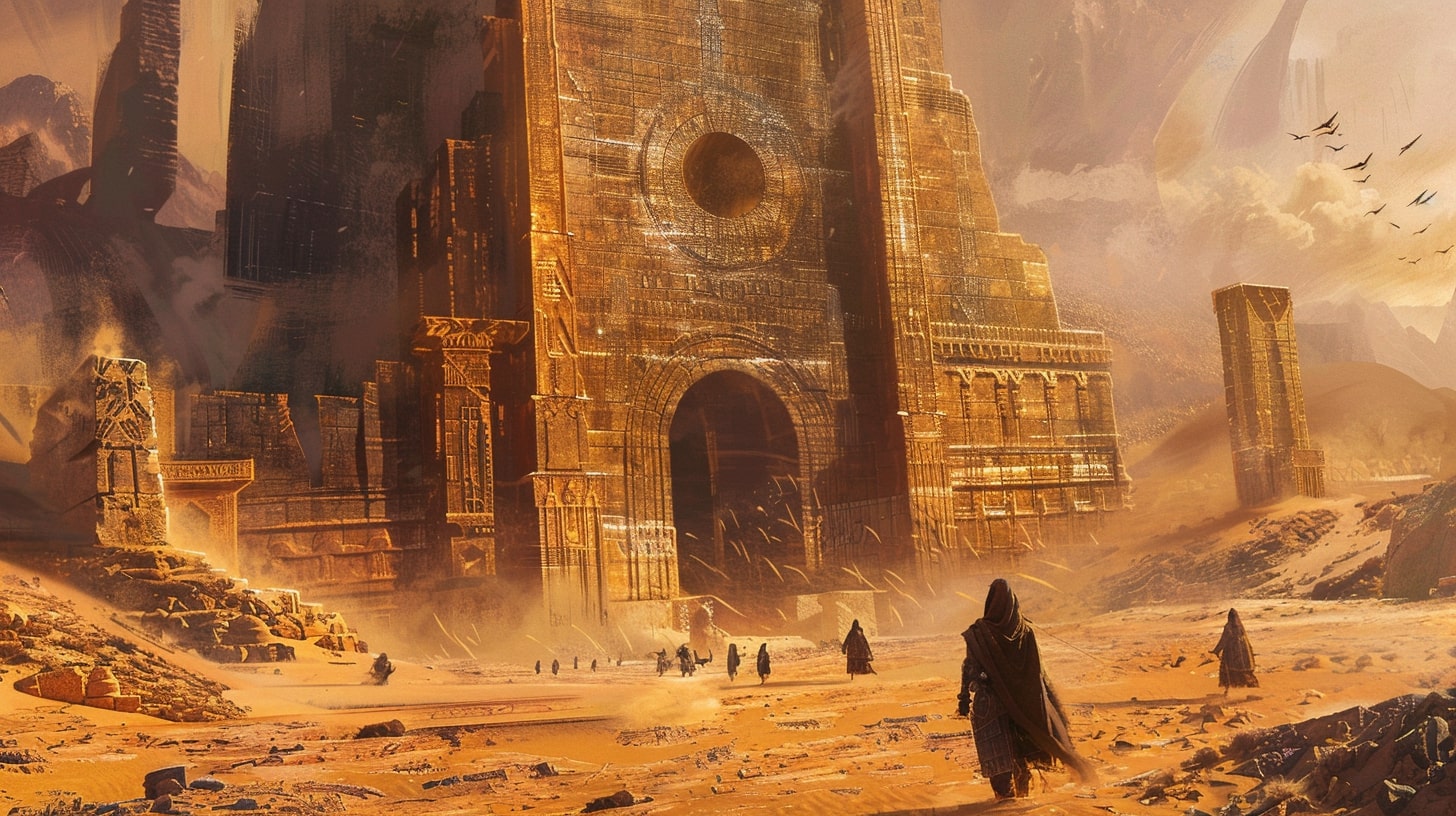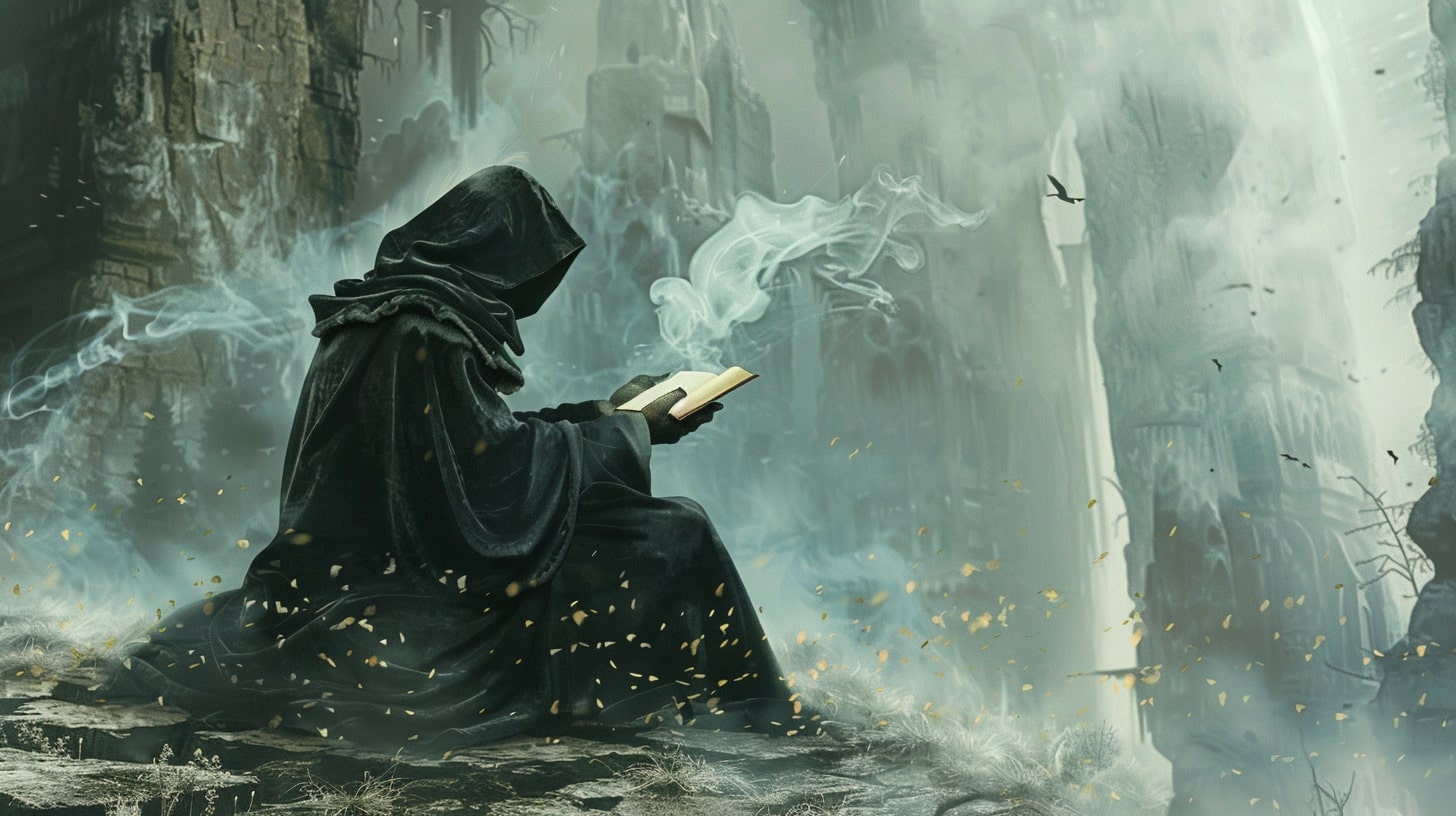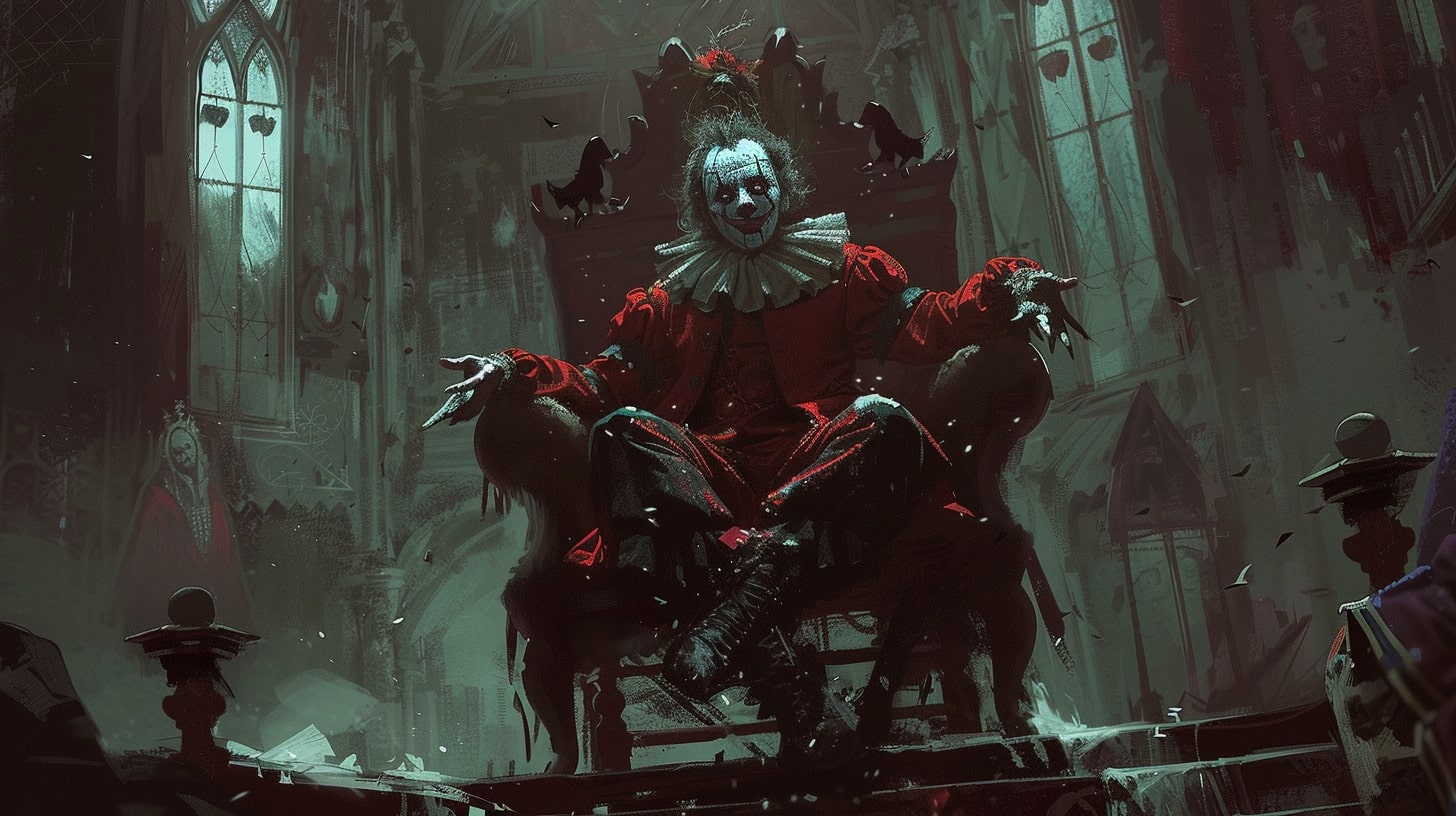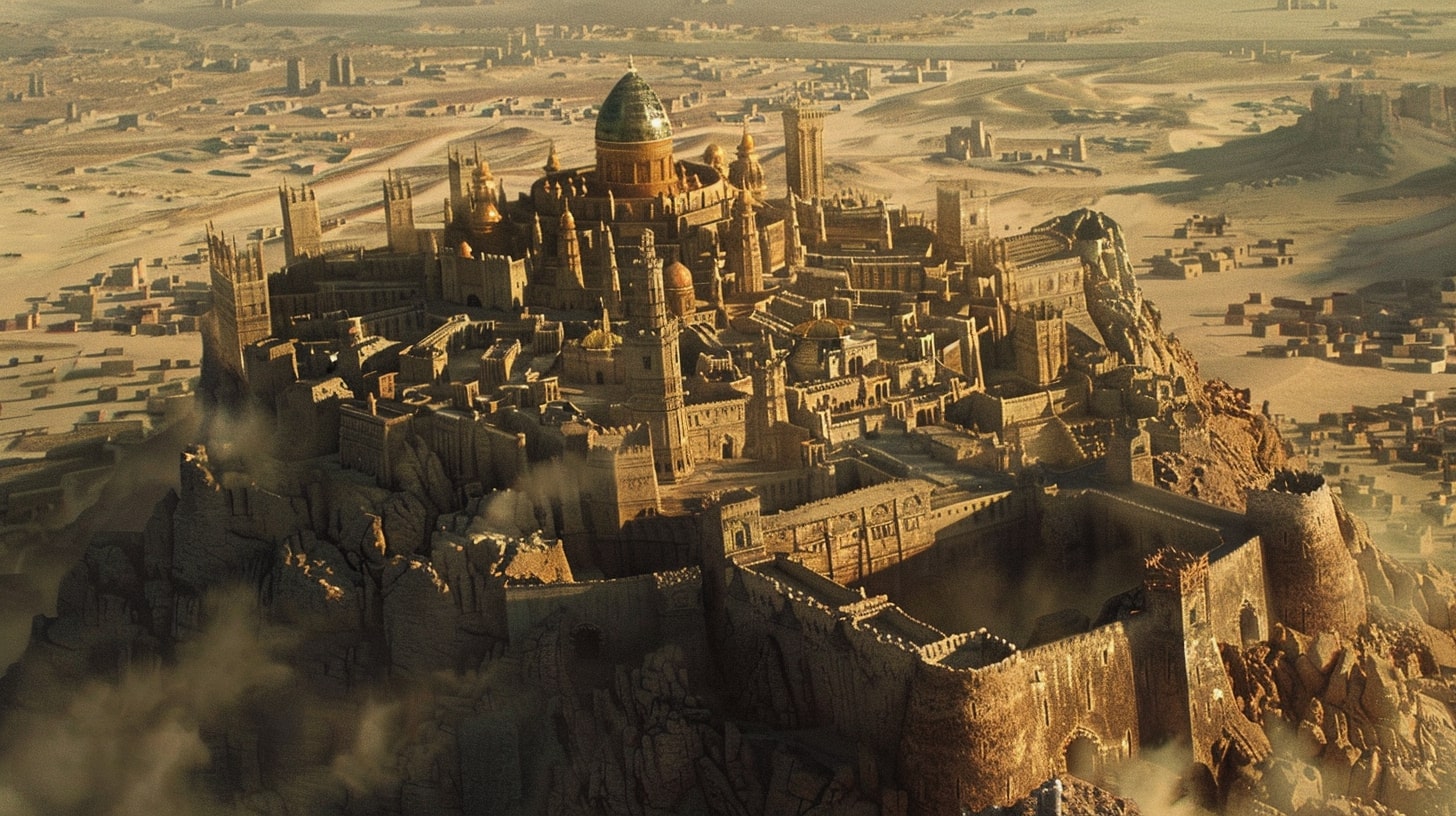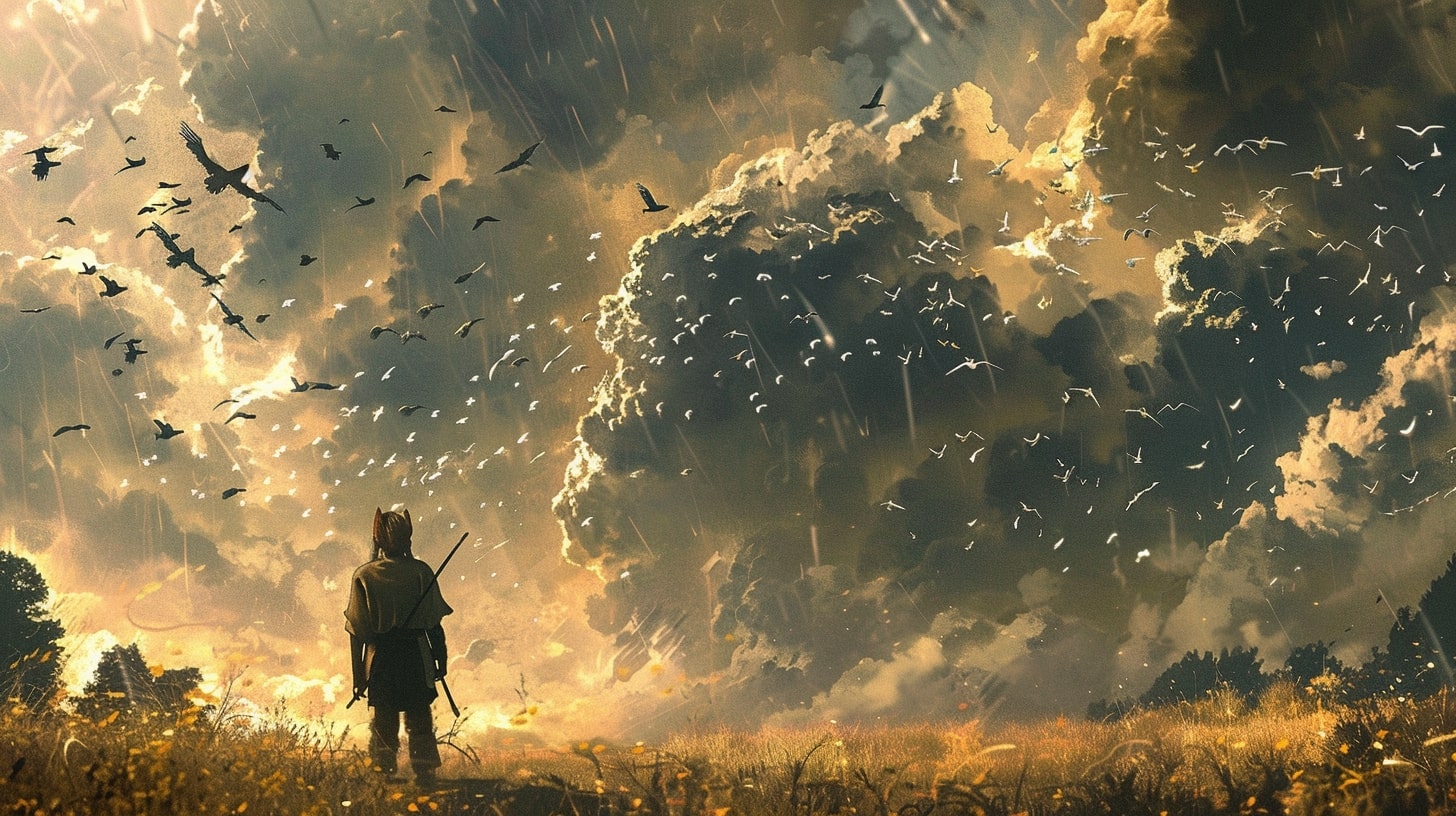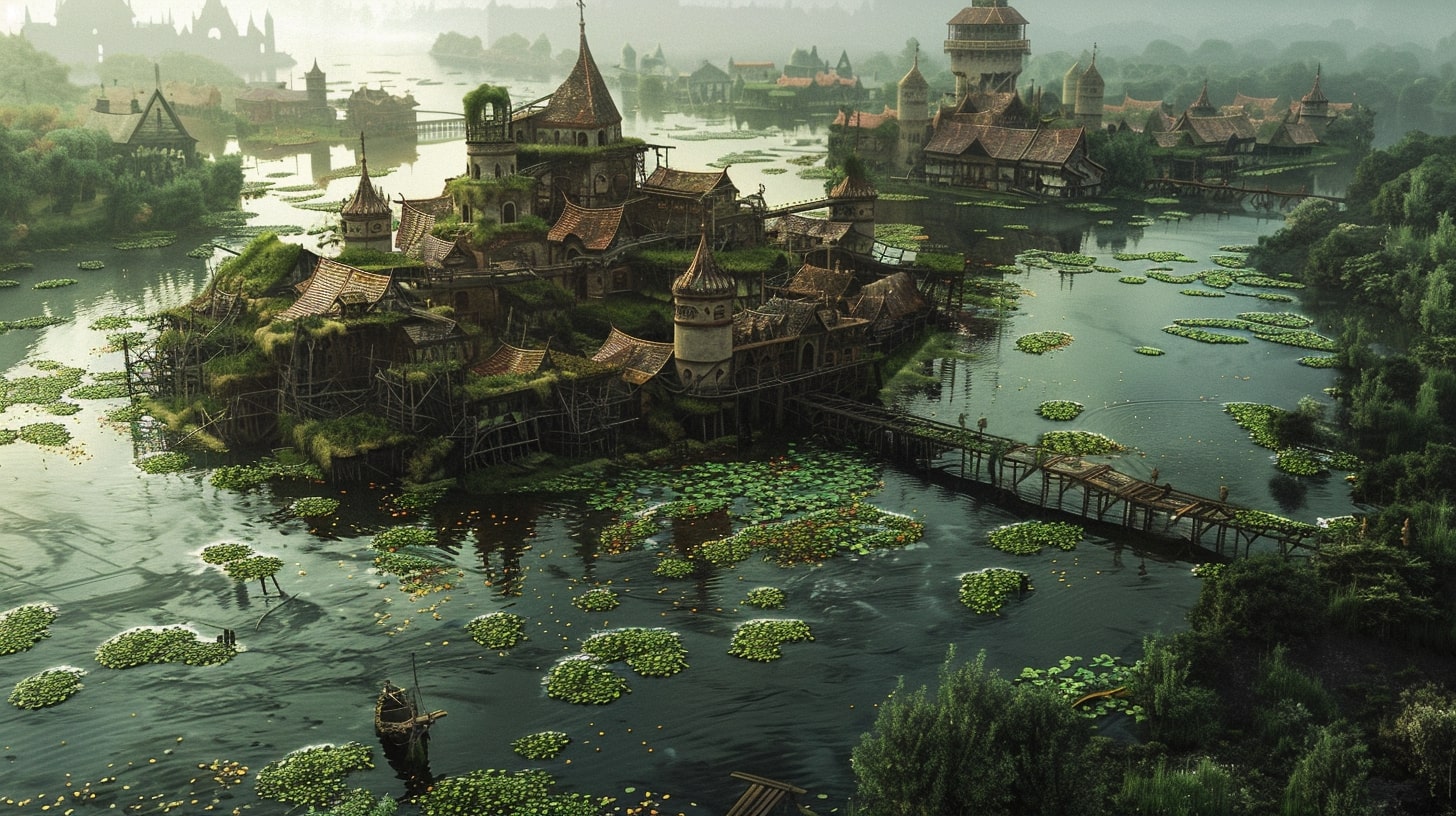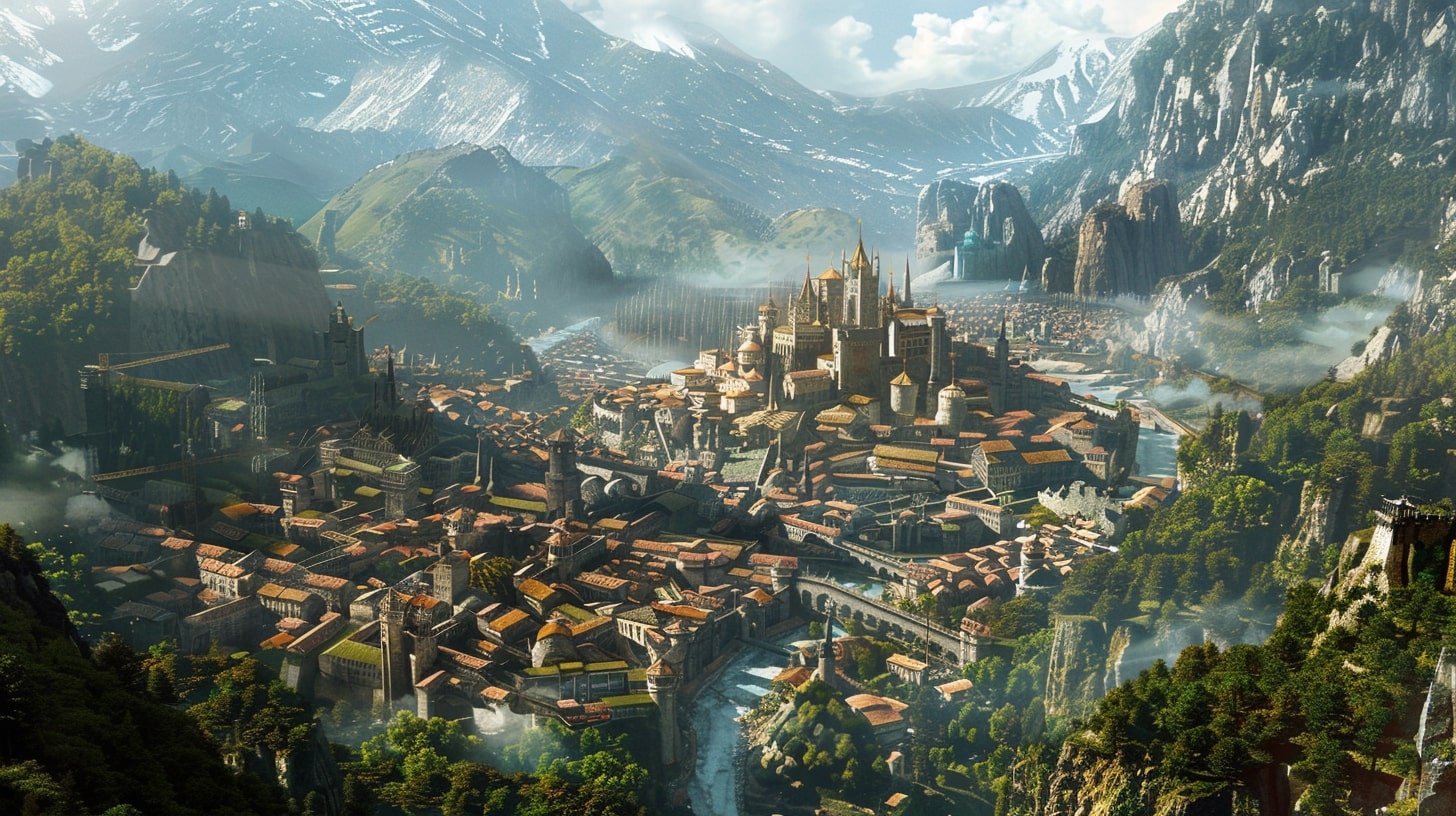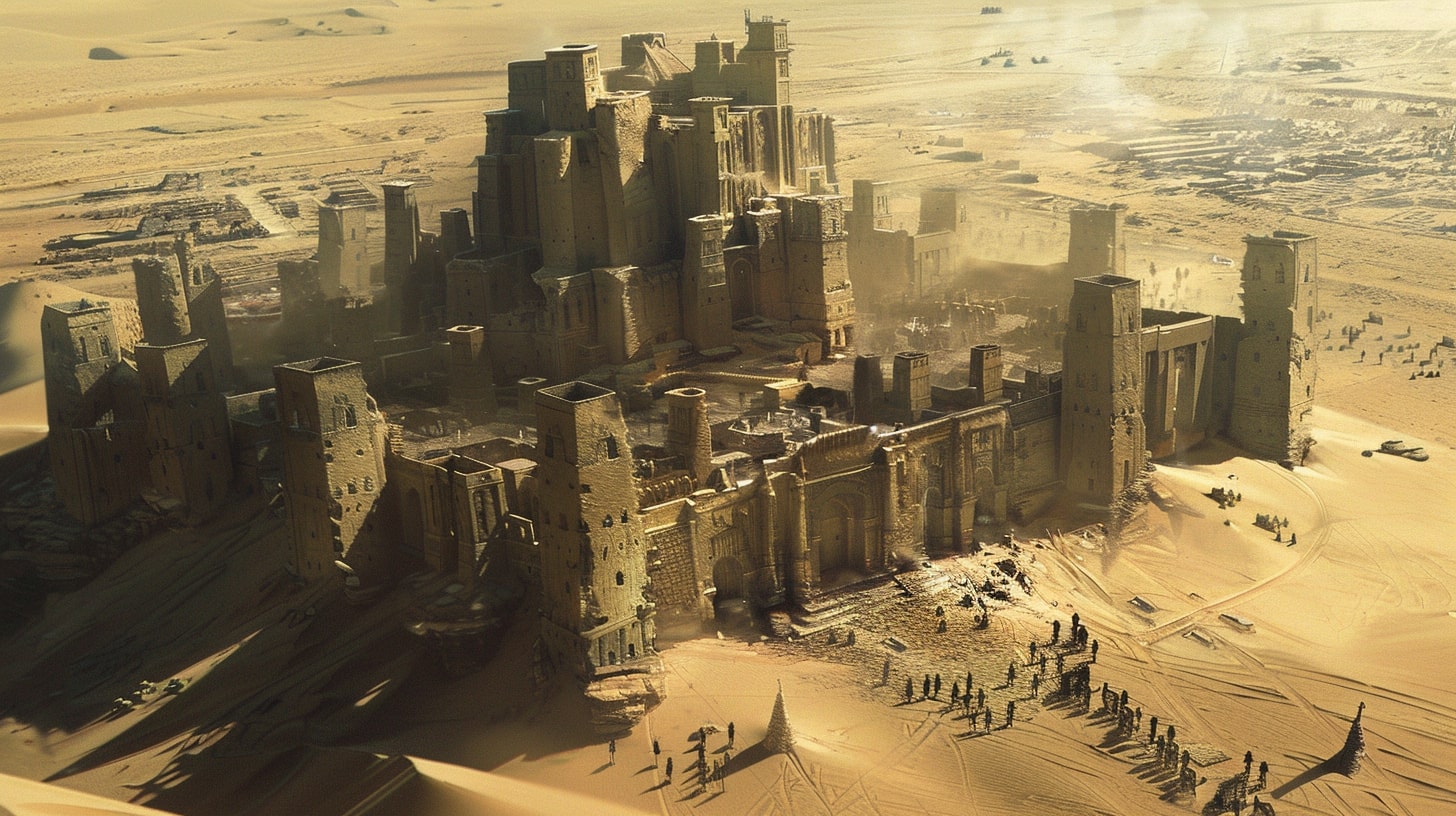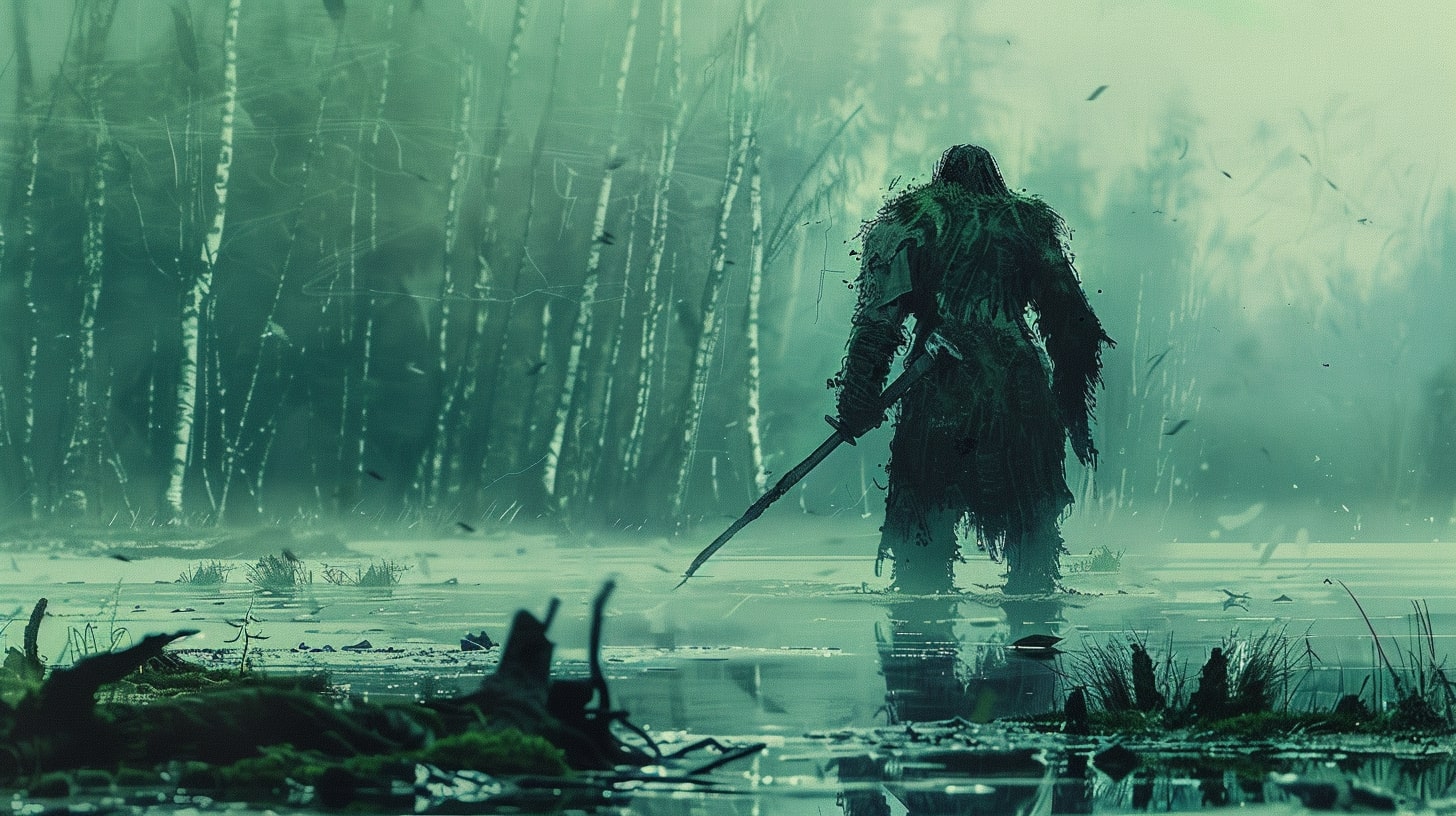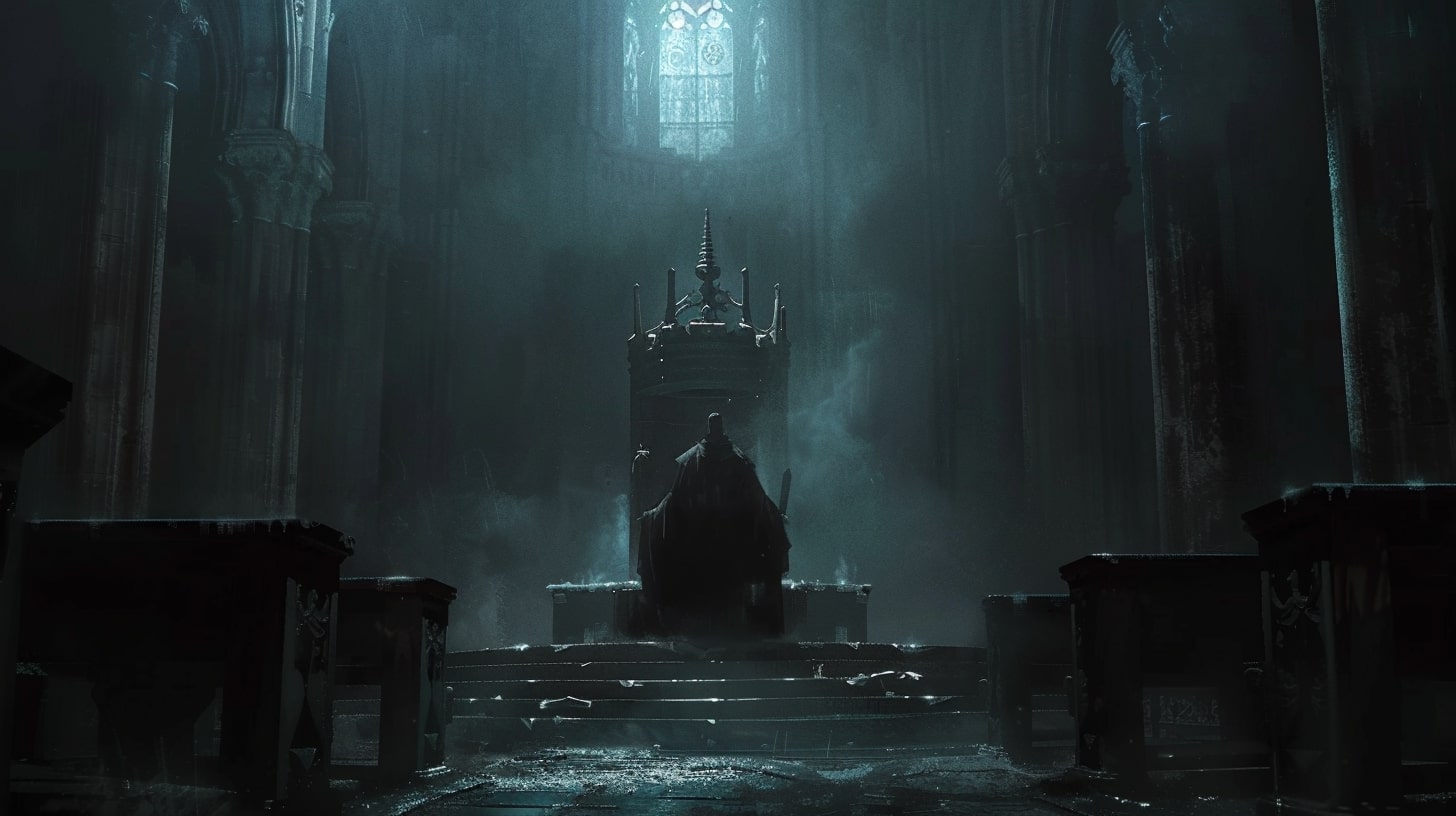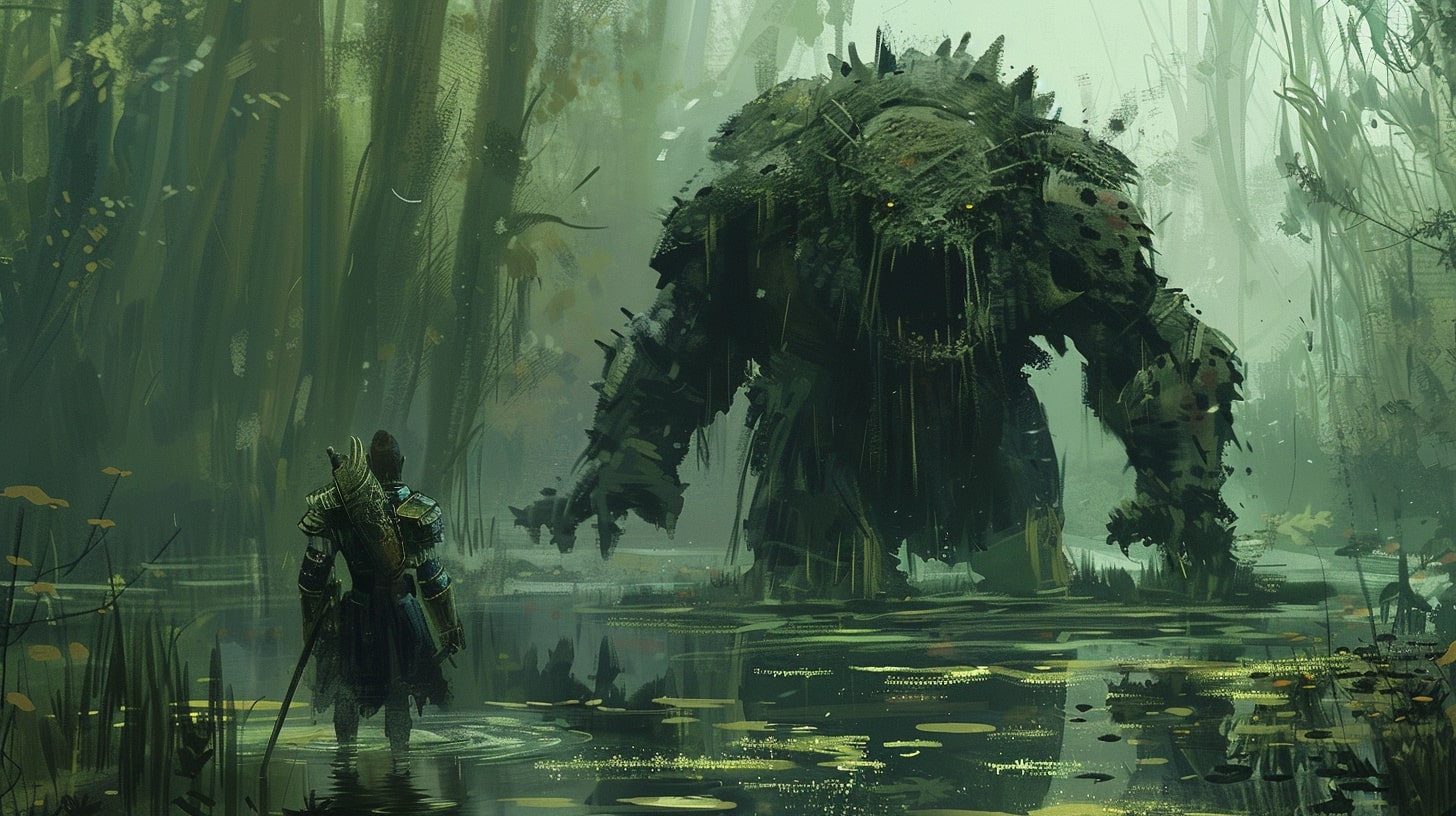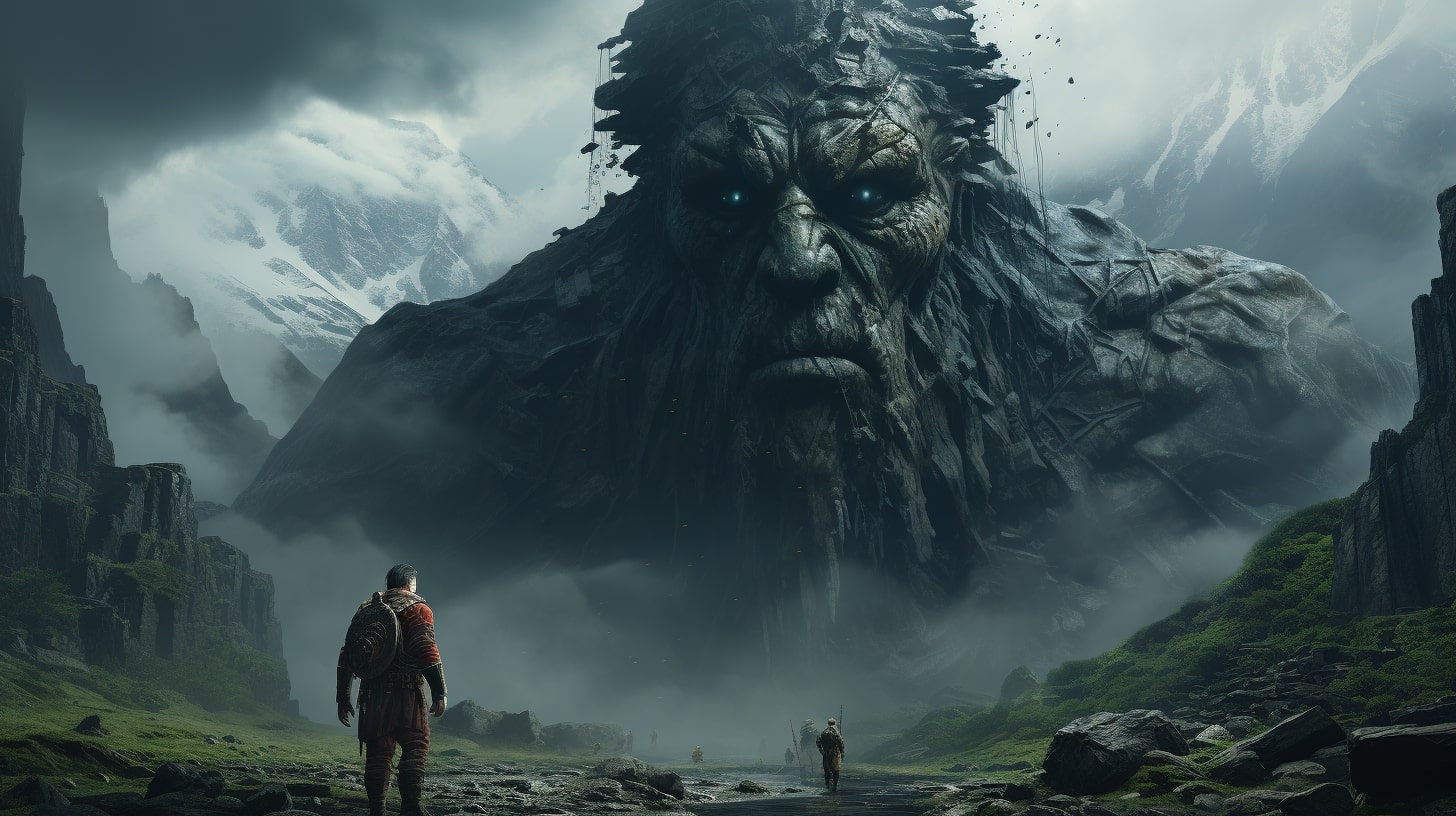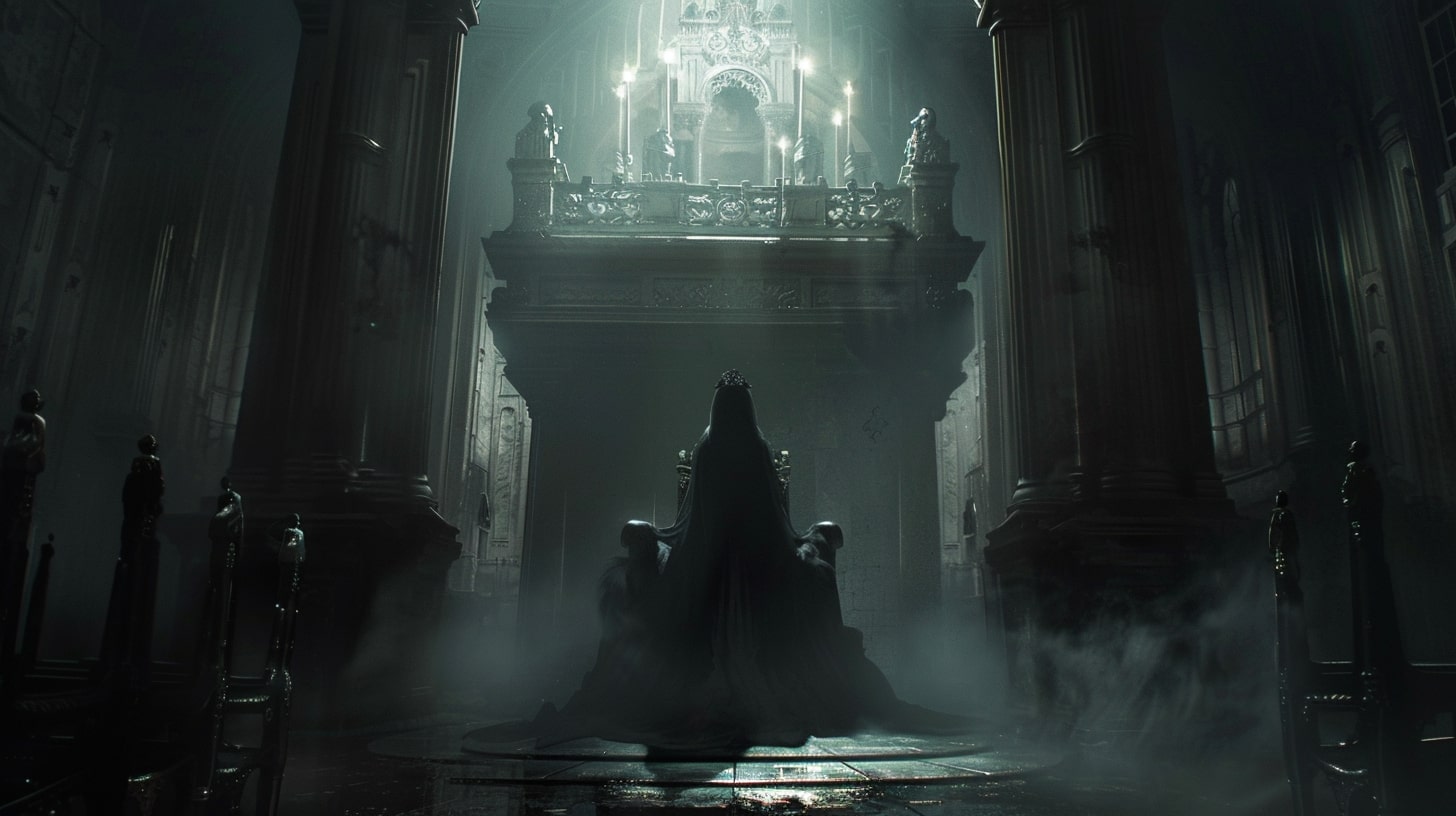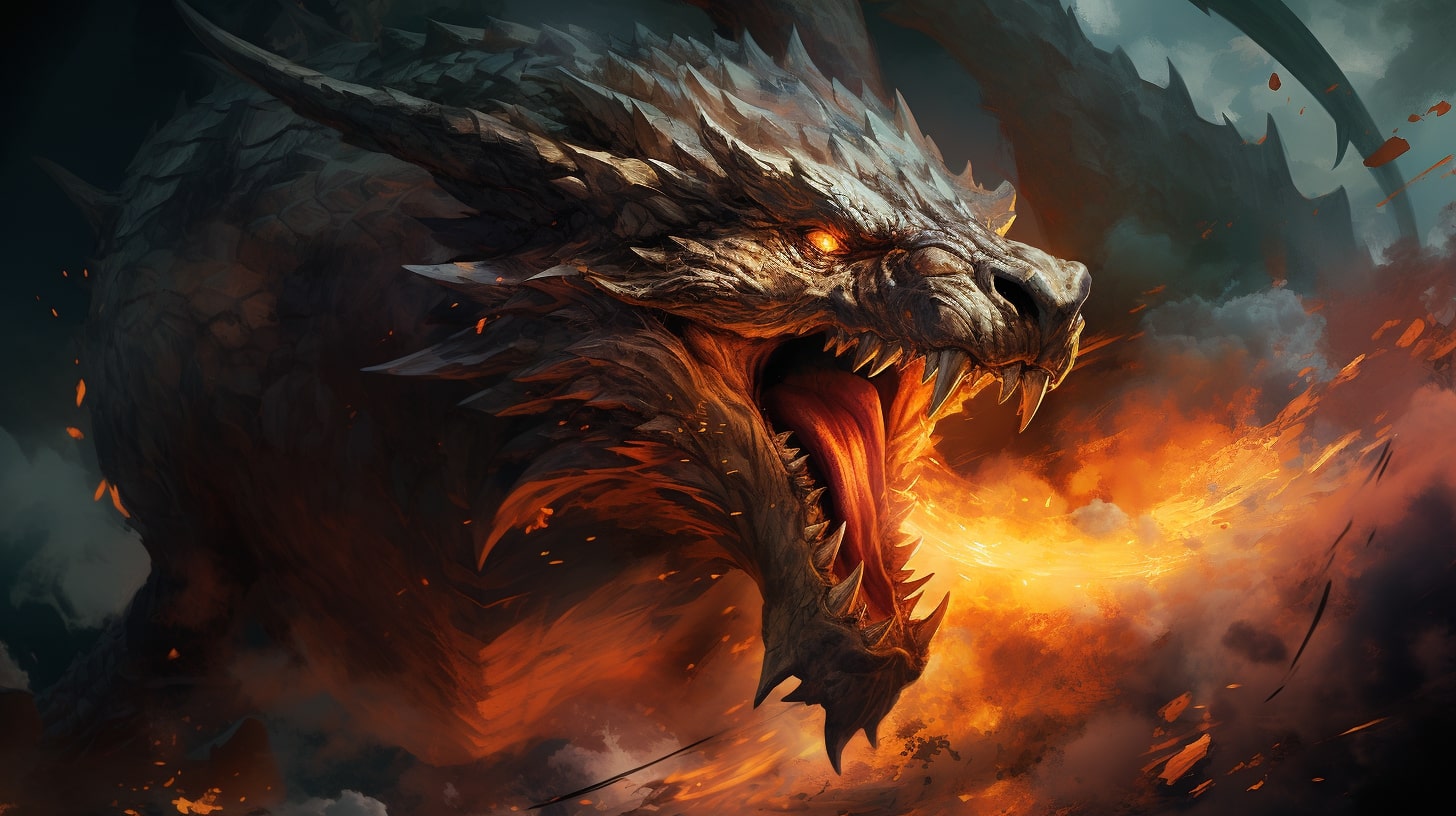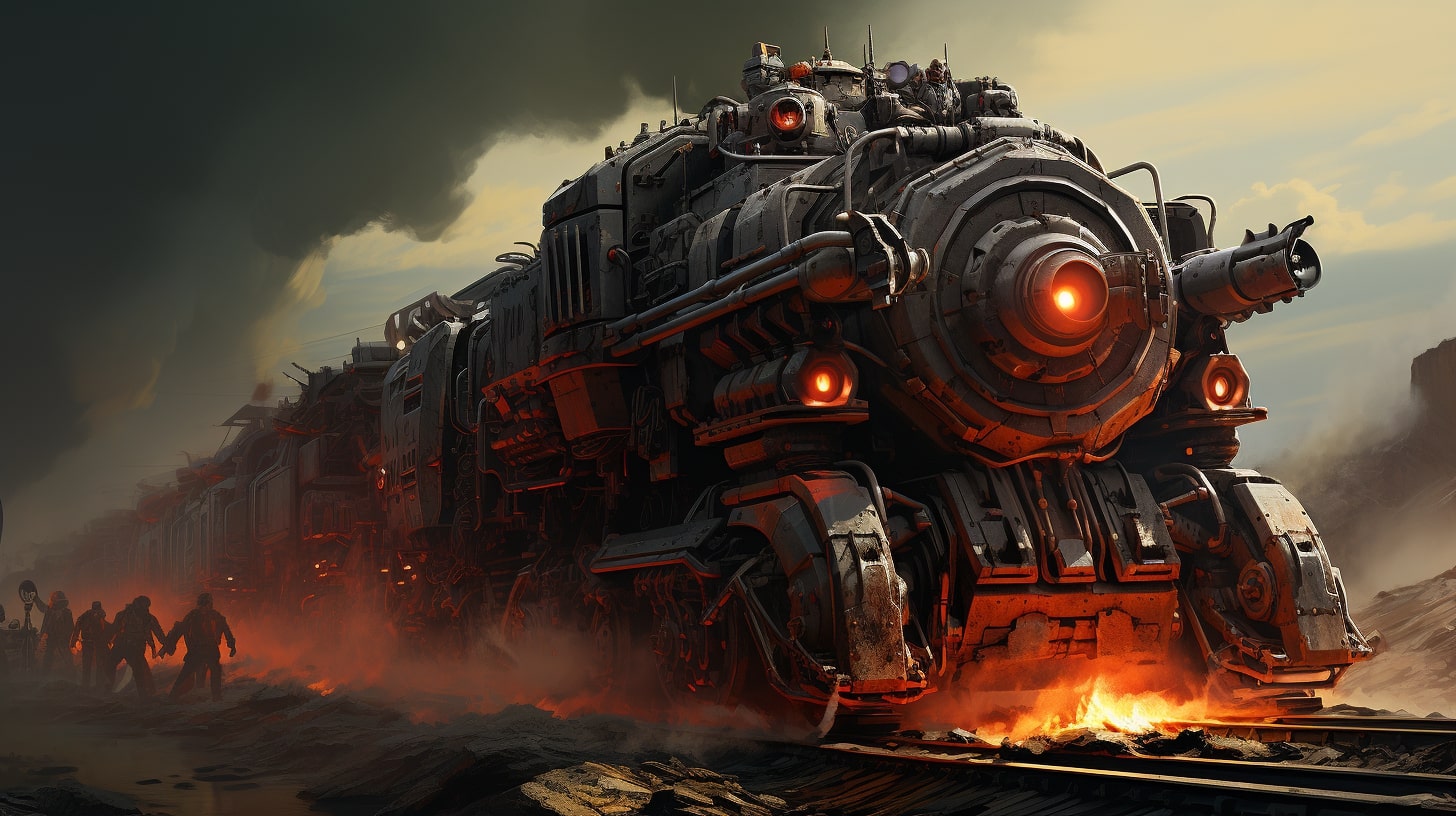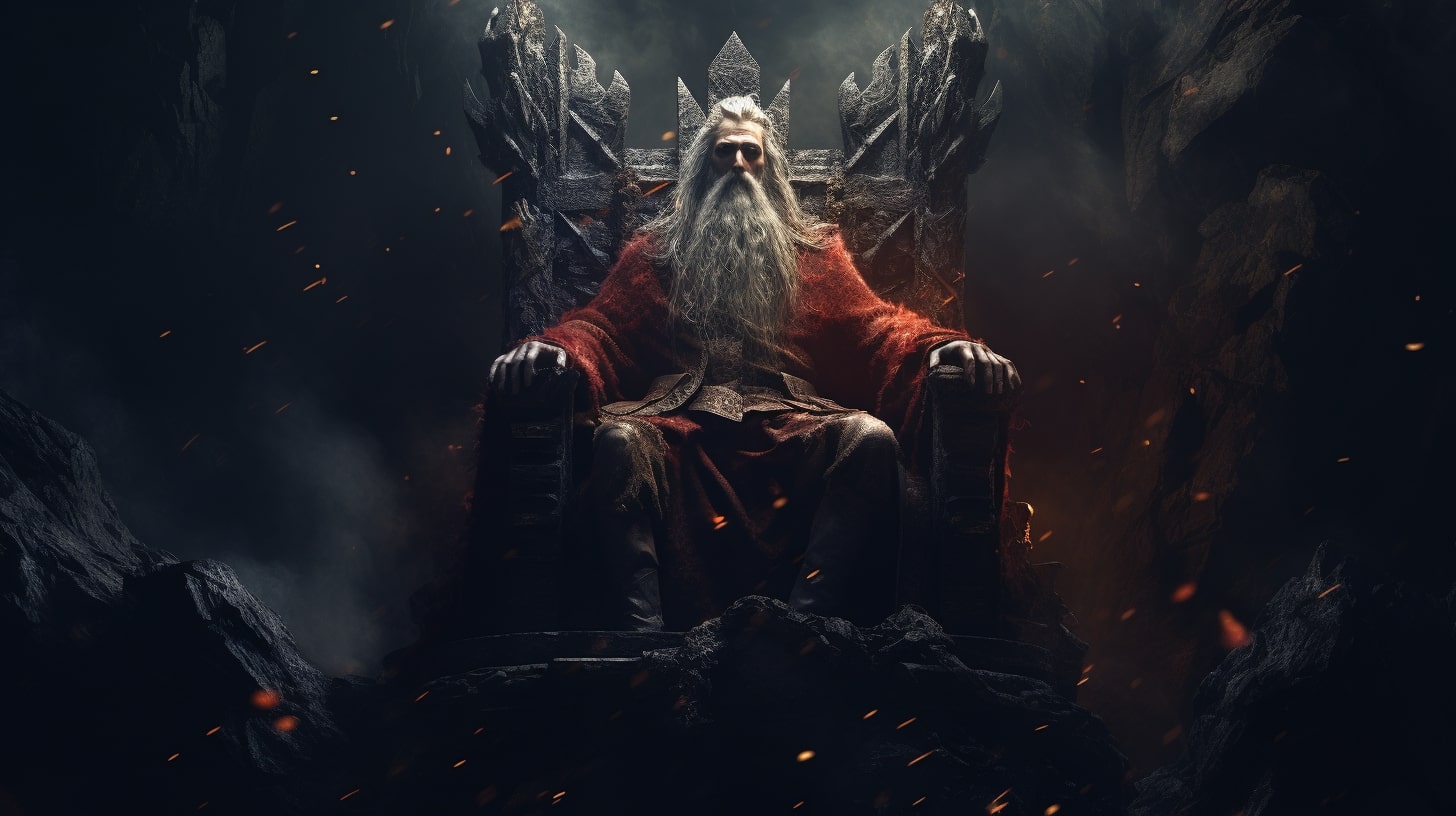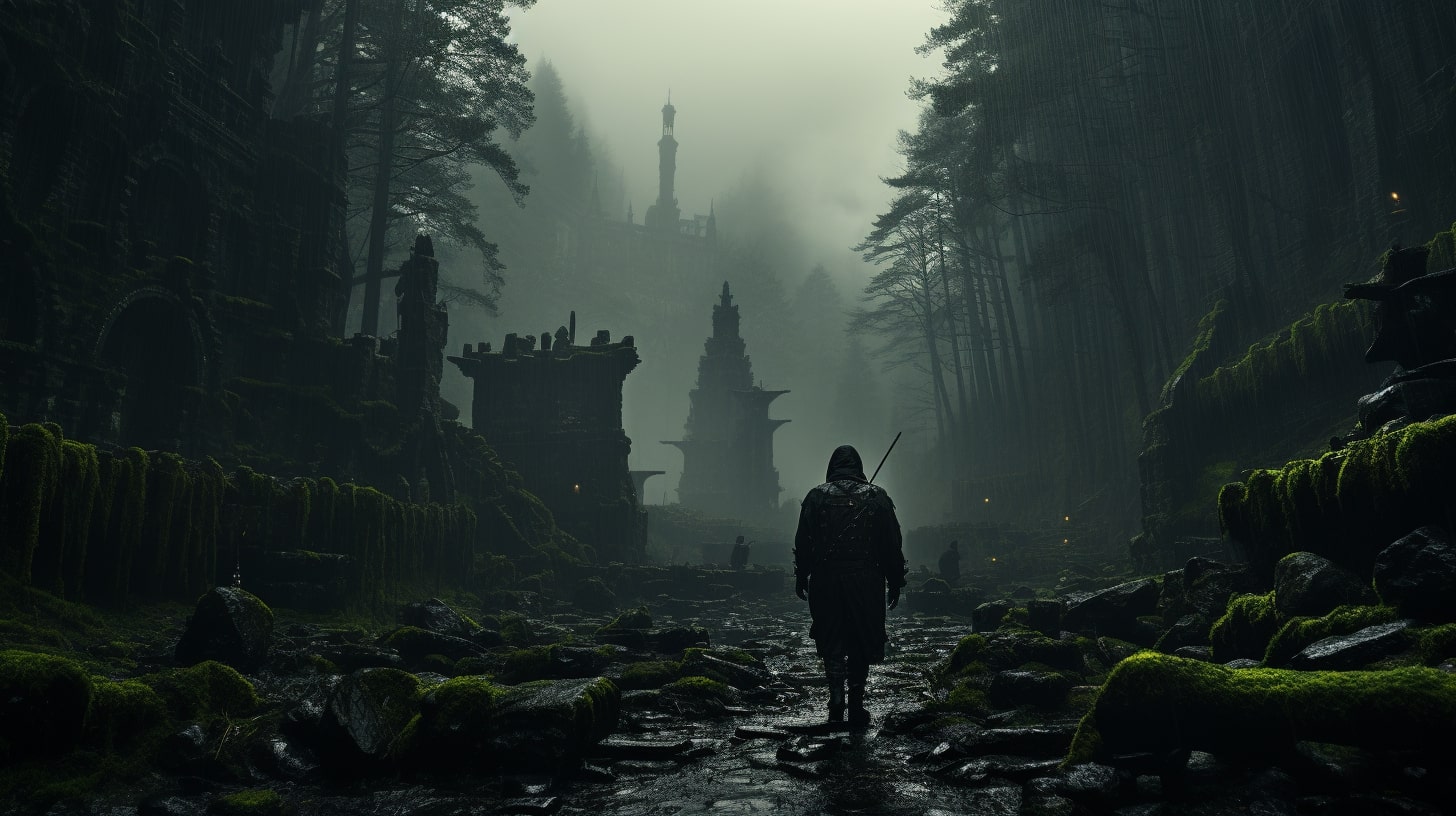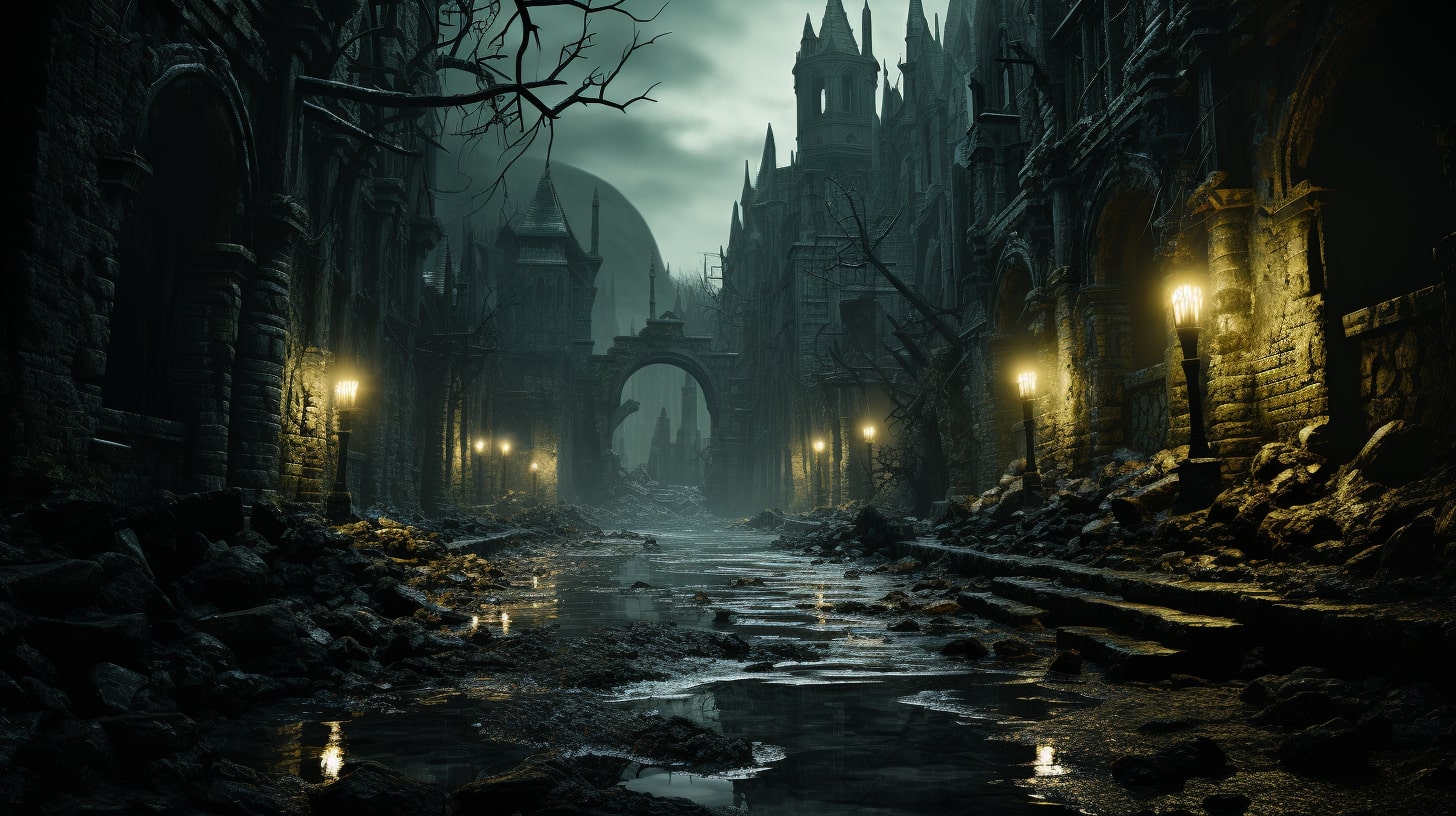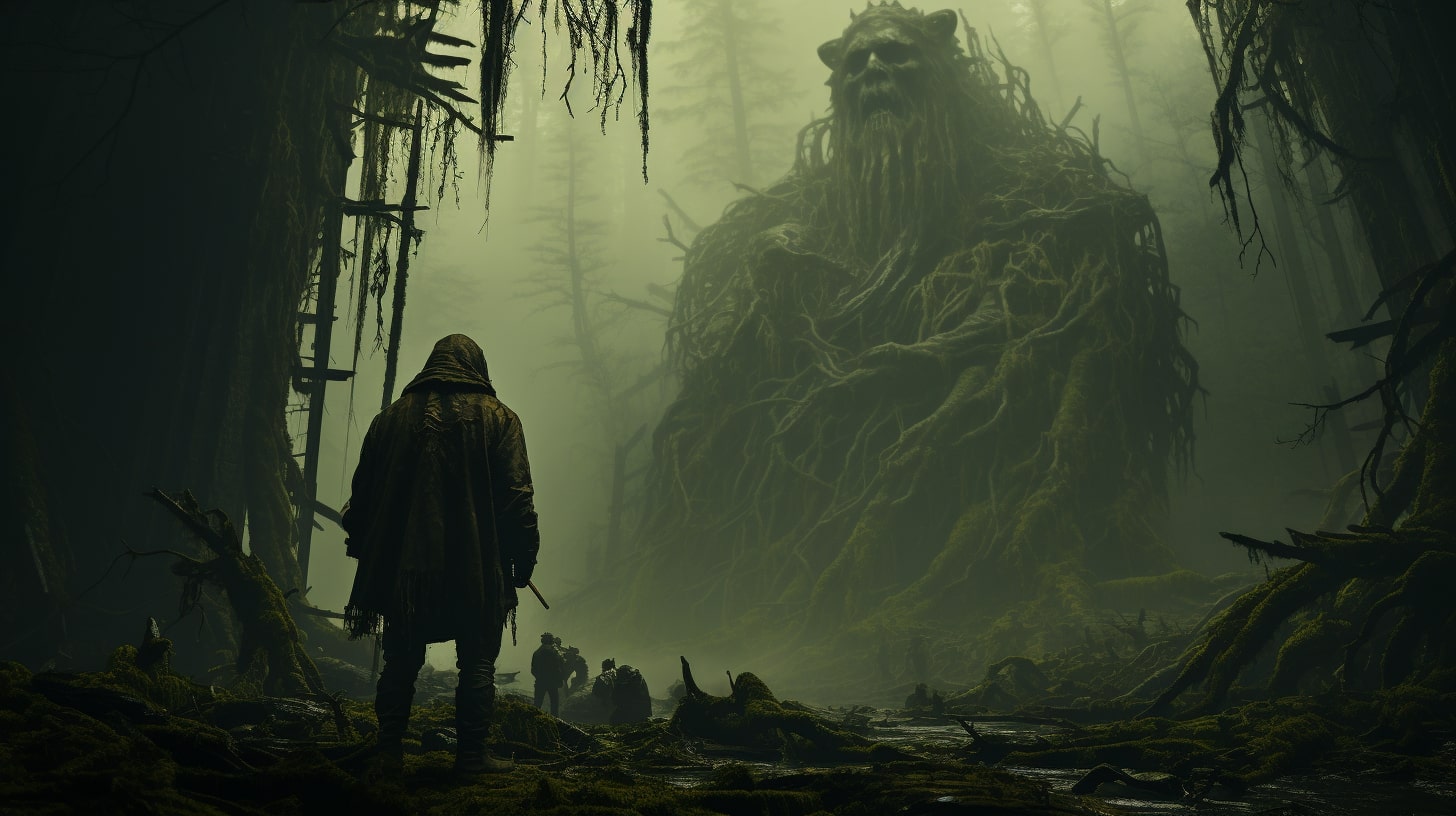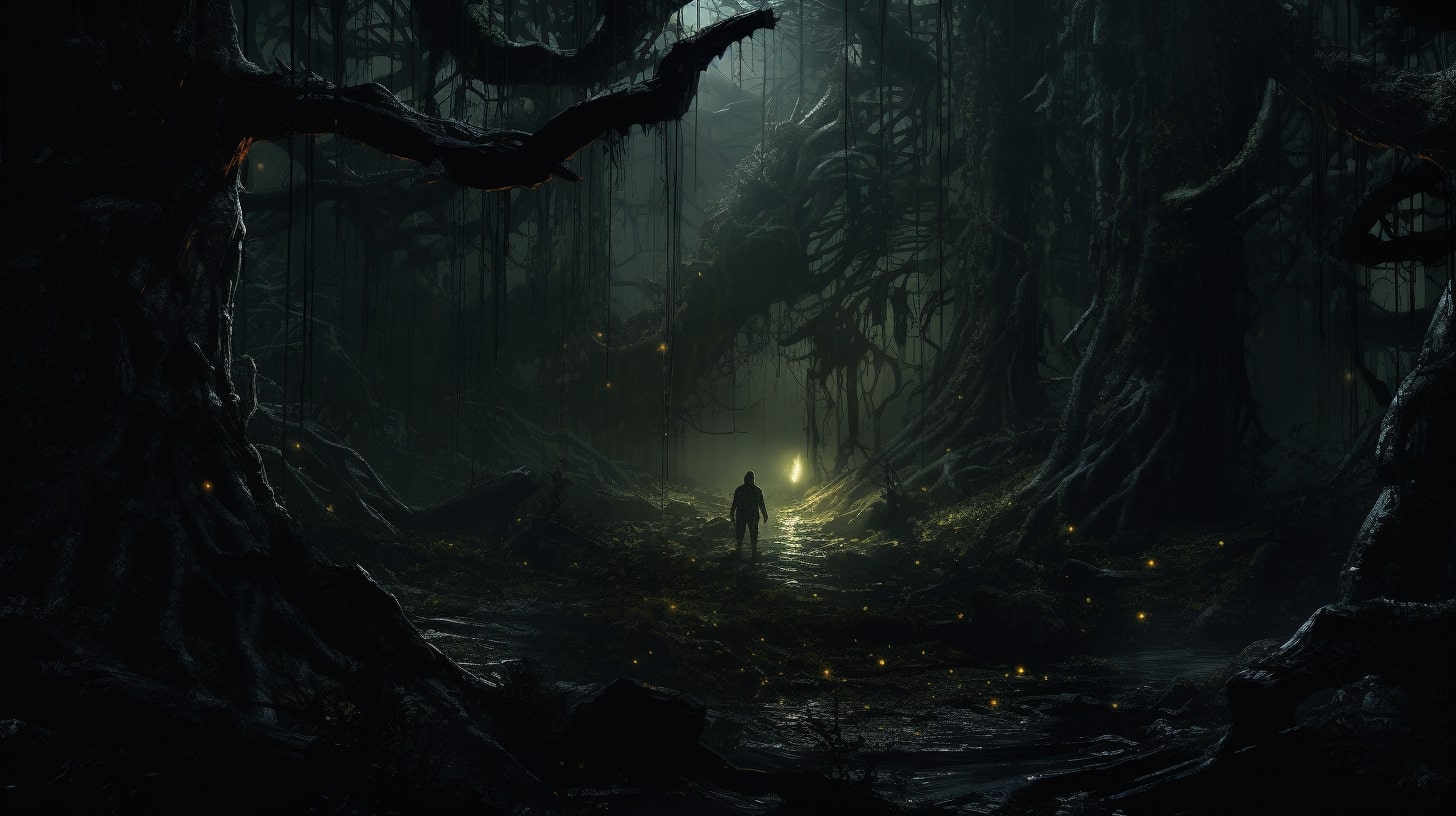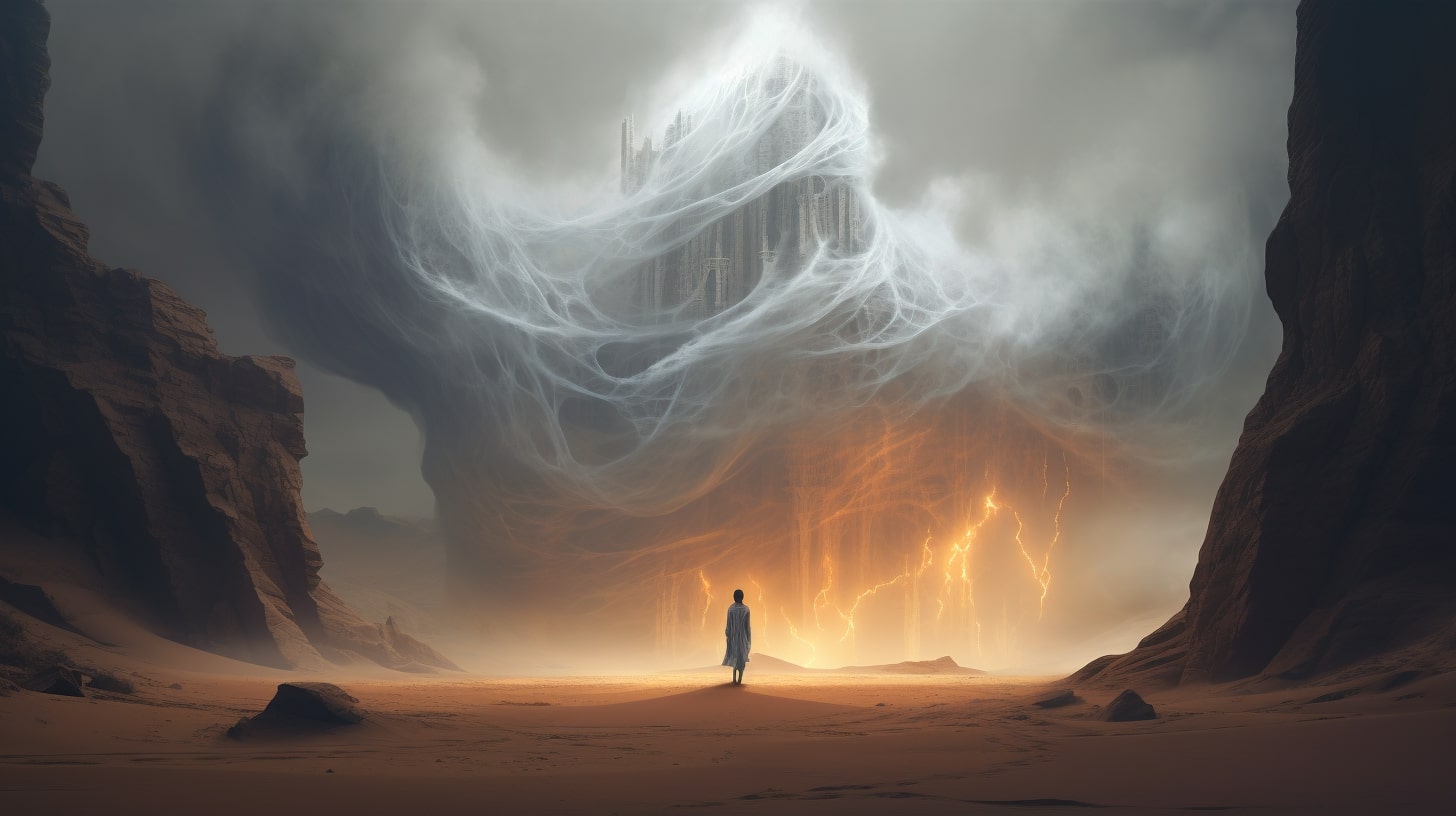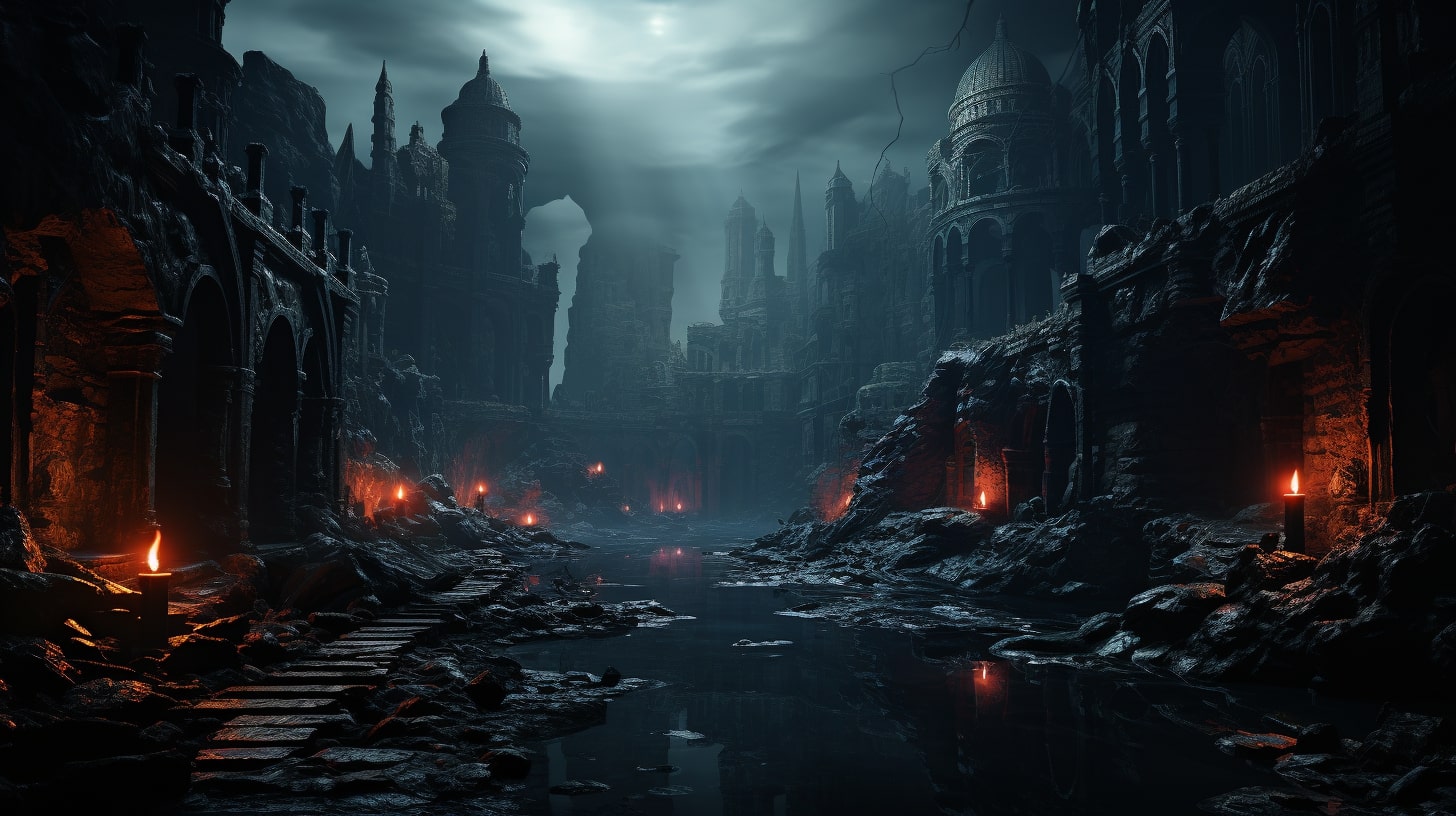The Magic of Worldbuilding
In the realm of fantasy writing, worldbuilding is an essential and captivating aspect that brings stories to life. It is the art of creating an intricately detailed and immersive world within the pages of your book.
Whether you're crafting a medieval kingdom, a futuristic dystopia, or a magical realm, worldbuilding allows you to unleash your creativity and transport readers to extraordinary places.
We're going to help you with your worldbuilding creation habits because once they are established you'll be able to craft amazing worlds that anyone can enjoy.
What is Worldbuilding?
Worldbuilding is the process of constructing an entire fictional world, complete with its own history, geography, cultures, and more. It involves developing every aspect of the world, from the physical landscapes to the political systems, from the magical elements to the societal norms.
Through worldbuilding, you have the power to shape and mold every facet of your fictional universe. You can create unique races, design awe-inspiring cities, and establish complex systems of magic. By building a rich and believable world, you provide a solid foundation for your story to unfold.
For aspiring fantasy authors, worldbuilding is an opportunity to showcase your imagination and storytelling prowess. It allows you to create a world that is distinct and captivating, one that enthralls readers and keeps them coming back for more. To get started on your worldbuilding journey, check out our worldbuilding guide for helpful tips and insights.
Why is Worldbuilding Important in Fantasy Writing?
Worldbuilding plays a crucial role in fantasy writing for several reasons. Firstly, it adds depth and authenticity to your story. By carefully constructing a world with its own rules and intricacies, you create a sense of realism that draws readers in and makes them believe in the world you've created.
Secondly, worldbuilding allows you to explore and expand upon different aspects of your story. It provides a canvas for your characters to exist within, shaping their motivations, beliefs, and interactions. A well-developed world can influence the plot and drive the conflicts that arise within it.
Furthermore, worldbuilding enhances the reader's experience by immersing them in a fully realized and captivating setting. When readers can vividly imagine the landscapes, cultures, and magical systems of your world, they become more engaged and invested in the story.
Incorporating worldbuilding into your fantasy writing also opens up opportunities for sequels, spin-offs, and expanded universes. A well-crafted world can serve as a foundation for multiple stories, allowing you to explore different characters, time periods, and locations within the same overarching world.
As you embark on your worldbuilding journey, remember to consider elements such as geography, cultures, magic systems, and more. Each component contributes to the unique tapestry of your world and adds layers of depth to your storytelling. For inspiration and guidance, explore our collection of worldbuilding resources and let your imagination soar.
By embracing the magic of worldbuilding, you unlock the potential to create extraordinary worlds that captivate and enchant readers. So, grab your pen and let your creativity flow as you embark on the alchemy of creation.
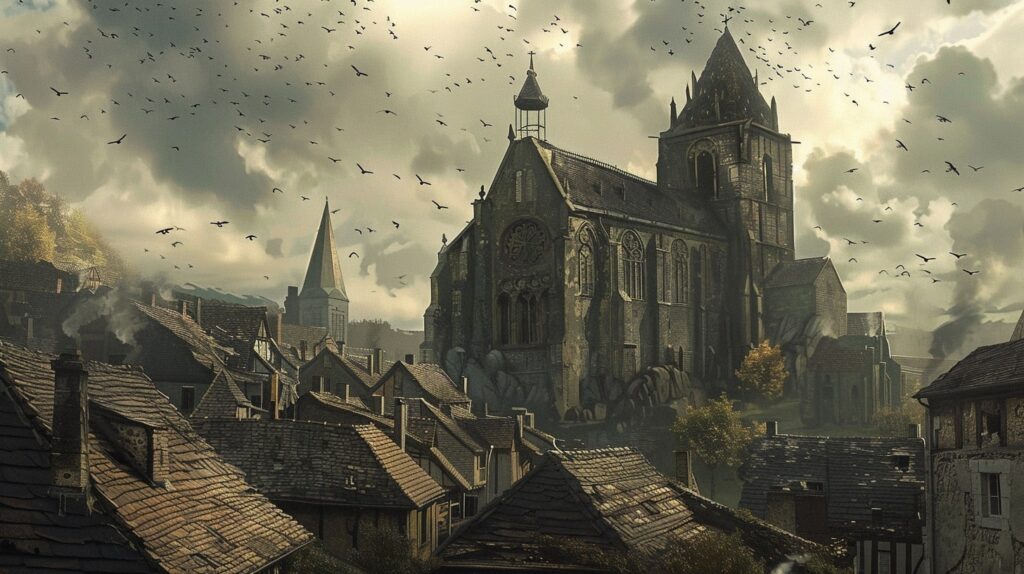
Worldbuilding Creation: The Alchemy of It
In the realm of worldbuilding, you hold the power to bring imaginary worlds to life. It's an art that requires careful planning and creativity. The process of worldbuilding is like alchemy, where you combine various elements to create a rich and vibrant setting for your story. In this section, we will explore the crucial steps involved in building the foundation of your world and the essential elements of worldbuilding.
Building the Foundation: Creating the World
To embark on the journey of worldbuilding, you first need to create the very fabric of your world. This involves establishing the fundamental aspects such as geography, history, culture, and mythology.
Consider the climate, landscapes, and geographical features that shape your world. Develop a detailed history that provides context and depth to your story. Craft diverse cultures with their own traditions, values, and belief systems. Introduce captivating mythologies that add a sense of wonder and mystery to your world.
Creating a world is an opportunity to let your imagination soar. Allow yourself to explore various possibilities and consider different worldbuilding ideas and worldbuilding prompts to fuel your creativity. For a comprehensive guide on the worldbuilding process, check out our article on worldbuilding guide.
Elements of Worldbuilding
Worldbuilding is a complex endeavor that involves weaving together multiple elements to construct a believable and immersive world. Some essential elements to consider include:
-
Geography and Landscapes: The physical environment of your world, including terrain, climate, and natural features, plays a crucial role in shaping the lives of your characters. Explore different types of landscapes, from lush forests to barren deserts, and consider how they impact the societies and cultures that inhabit them. For more ideas on creating diverse landscapes, check out our article on worldbuilding geography.
-
Cultures and Societies: The cultures and societies within your world provide a rich tapestry of traditions, customs, languages, and social structures. Dive deep into the intricacies of each culture, including their values, social hierarchies, and rituals. By worldbuilding cultures, you can add depth and authenticity to your world. For inspiration and guidance, explore our article on worldbuilding cultures.
Magic Systems and Supernatural Elements: In many fantasy worlds, magic and supernatural elements play a significant role. Developing a coherent and well-defined magic system allows you to establish rules and limitations for the use of magic, adding a sense of realism to your world. Consider the source of magic (in Andrascu it's the artifacts), its mechanics, and the impact it has on the world and its inhabitants. Additionally, you can introduce supernatural creatures, mythical beings, or divine entities to further enrich your world. For more insights on creating magic systems, refer to our article on worldbuilding magic system.
As you delve deeper into worldbuilding, remember that the key lies in the details. The more thought you put into each element, the more immersive and believable your world will become. Take inspiration from different worldbuilding resources and techniques to refine your process and create a world that captivates both you and your readers. With a solid foundation and the right elements in place, you are ready to breathe life into your world and embark on a remarkable storytelling journey.
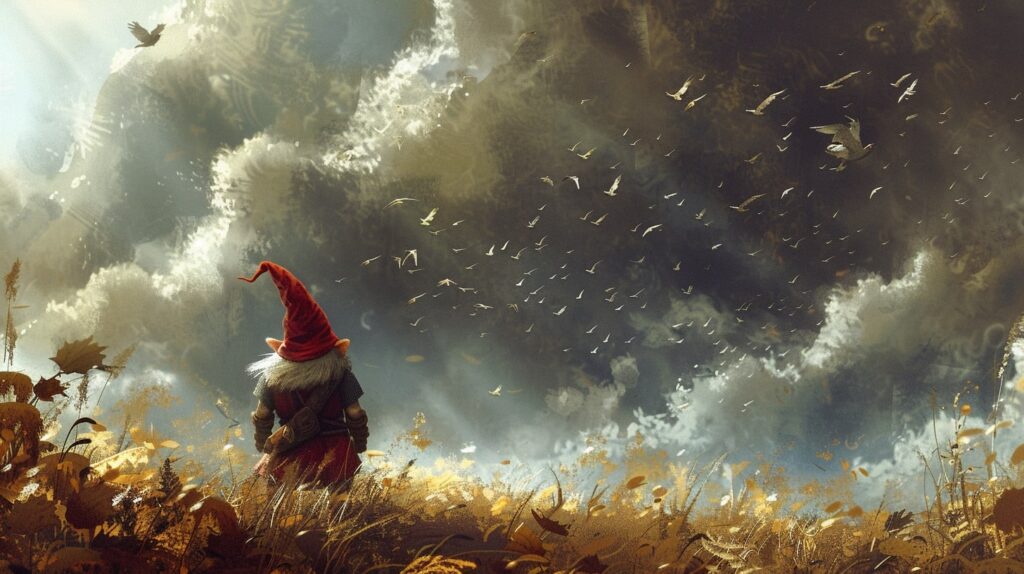
Developing a Rich and Believable World
In order to create a captivating world for your fantasy writing, it's important to develop a rich and believable setting. This involves carefully crafting various aspects of your world, including geography and landscapes, cultures and societies, and magic systems and supernatural elements.
Geography and Landscapes
The geography and landscapes of your world play a vital role in shaping its overall atmosphere and setting. Consider the different terrains, such as mountains, forests, deserts, and oceans, that exist within your world. Each type of terrain can influence the climate, flora, and fauna, creating a diverse and immersive environment.
To add depth to your world, create maps that showcase the different regions and their distinctive features. This not only helps you visualize the world you're building but also enables readers to better understand and navigate the setting. You can create your own maps or utilize online tools and resources for assistance, such as worldbuilding maps.
Cultures and Societies
Cultures and societies bring life to your world and shape the behaviors, beliefs, and values of its inhabitants. Develop a variety of cultures within your world, each with its own unique customs, traditions, and social structures. Consider factors such as language, clothing, food, and rituals to create a sense of authenticity and diversity.
To ensure that your cultures are well-rounded and realistic, it can be helpful to draw inspiration from real-world cultures while adding your own unique twists. Researching different cultures and their histories can provide insights and ideas for creating believable societies within your world. For more guidance on worldbuilding cultures, check out our article on worldbuilding cultures.
Magic Systems and Supernatural Elements
Magic systems and supernatural elements add an extra layer of intrigue and wonder to your world. Consider how magic functions within your world and establish the rules and limitations that govern its use. This helps to maintain consistency and prevent plot holes or inconsistencies in your storytelling. For more in-depth information on creating a magic system, refer to our article on worldbuilding magic system.
Furthermore, think about the supernatural elements that exist in your world. This could include mythical creatures, gods and goddesses, or other supernatural beings. Develop their characteristics, roles, and interactions with the world and its inhabitants. By incorporating these elements thoughtfully, you can enhance the richness and depth of your world.
By devoting attention to the geography and landscapes, cultures and societies, and magic systems and supernatural elements within your world, you can create a vivid and immersive setting for your fantasy writing. Remember to consistently build upon these elements as you weave your story, ensuring that they remain integral to the narrative. Happy worldbuilding!
Bringing Characters to Life in Your World
To create a truly immersive and captivating world, it is essential to bring your characters to life within that world. By focusing on characterization in worldbuilding and exploring relationships and interactions, you can enhance the depth and believability of your story.
Characterization in Worldbuilding
Characterization plays a vital role in worldbuilding. It involves developing well-rounded, relatable characters who exist within the context of your created world. These characters should have distinct personalities, motivations, and backstories that align with the world you have built.
Consider how your characters interact with and react to the various elements of your world. Are they influenced by the culture, society, or supernatural elements present? How do their experiences within the world shape their attitudes and behaviors? By carefully crafting your characters' traits and incorporating these traits into their interactions with the world, you can create a more cohesive and engaging narrative.
When developing your characters, it's important to consider their strengths, weaknesses, and goals. How do these qualities impact their relationships and interactions? Do they clash with other characters or find common ground? These aspects of characterization can contribute to the dynamics and conflicts that drive your story forward.
Relationships and Interactions
As you bring your characters to life, exploring their relationships and interactions within your world adds depth and complexity to your storytelling. Characters don't exist in isolation; they interact with other characters, forming relationships that can influence their actions and decisions.
Crafting diverse and meaningful relationships can bring out different aspects of your characters and reveal more about the world they inhabit. Consider the dynamics between friends, family members, mentors, and rivals. How do these relationships shape your characters' growth and development? How do they contribute to the conflicts and resolutions within your story?
Interactions between characters should reflect the values, customs, and social structures of your world. These interactions can highlight cultural differences, power dynamics, and the impact of societal norms. By weaving these elements into your narrative, you create a more realistic and immersive experience for your readers.
Remember to develop both positive and negative relationships within your world. Conflict and tension between characters can drive the plot forward and provide opportunities for growth and change. By exploring the complexities of relationships, you can add richness and authenticity to your world and its characters.
By focusing on characterization in worldbuilding and exploring relationships and interactions, you can breathe life into your characters and create a more vibrant and compelling world. Through these elements, your readers will become deeply invested in your characters' journeys and immersed in the magic of your storytelling.
Weaving the Tapestry: Plot and Conflict
Incorporating Worldbuilding into Plot
As a fantasy author, you understand the importance of weaving worldbuilding into your plot to create a captivating story. Your world is more than just a backdrop; it's a living, breathing entity that shapes the actions and motivations of your characters. Let's explore how you can incorporate worldbuilding seamlessly into your plot.
To begin, consider how the unique aspects of your world can drive the narrative. Integrate elements such as the geography, cultures, and magic systems of your world into the plot. For example, if your world has an intricate network of magical ley lines, you could introduce a conflict centered around the control and exploitation of these lines.
By grounding your plot in the world you've created, you not only add depth and richness but also make the story more engaging for your readers. Your world becomes an active participant in the plot, influencing the choices and actions of your characters.
Conflict and Tension in a Worldbuilding Setting
Conflict is the fuel that propels your story forward, and the unique aspects of your world can be a source of conflict and tension. Consider how the different elements of your world can generate conflict:
-
Inter-cultural clashes: Explore the tensions between different cultures and societies within your world. Differences in beliefs, traditions, and values can lead to conflicts and power struggles. Internal conflicts within a society can also add depth to your plot.
-
Opposing magical factions: If your world has a complex magic system, create conflicts between different magical factions. Each faction may have their own beliefs, goals, and methods, leading to clashes and power struggles.
-
Environmental challenges: Utilize the unique geography or climate of your world to create challenges for your characters. Harsh landscapes, unpredictable weather patterns, or natural disasters can all add tension and urgency to the plot.
-
Political intrigue: The political landscape of your world can be rife with conflicts, alliances, and power struggles. Explore the dynamics between different factions, kingdoms, or races, and weave them into your plot to create intrigue and suspense.
By leveraging the worldbuilding elements in your story, you can create a rich tapestry of conflict and tension. These conflicts, rooted in your world, will drive your plot forward and keep readers engaged.
Remember, the key is to integrate your worldbuilding seamlessly into the plot, making it an integral part of the story rather than a separate entity. By doing so, you will create a narrative that feels immersive and authentic, captivating your readers from beginning to end.
Continue to explore our articles on worldbuilding techniques and worldbuilding process for more guidance on crafting a compelling and cohesive world for your fantasy writing.

